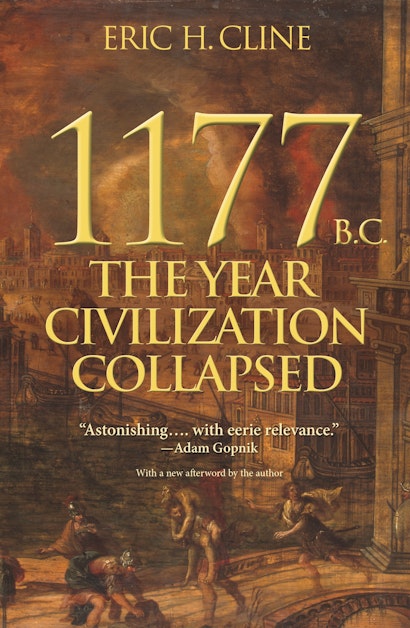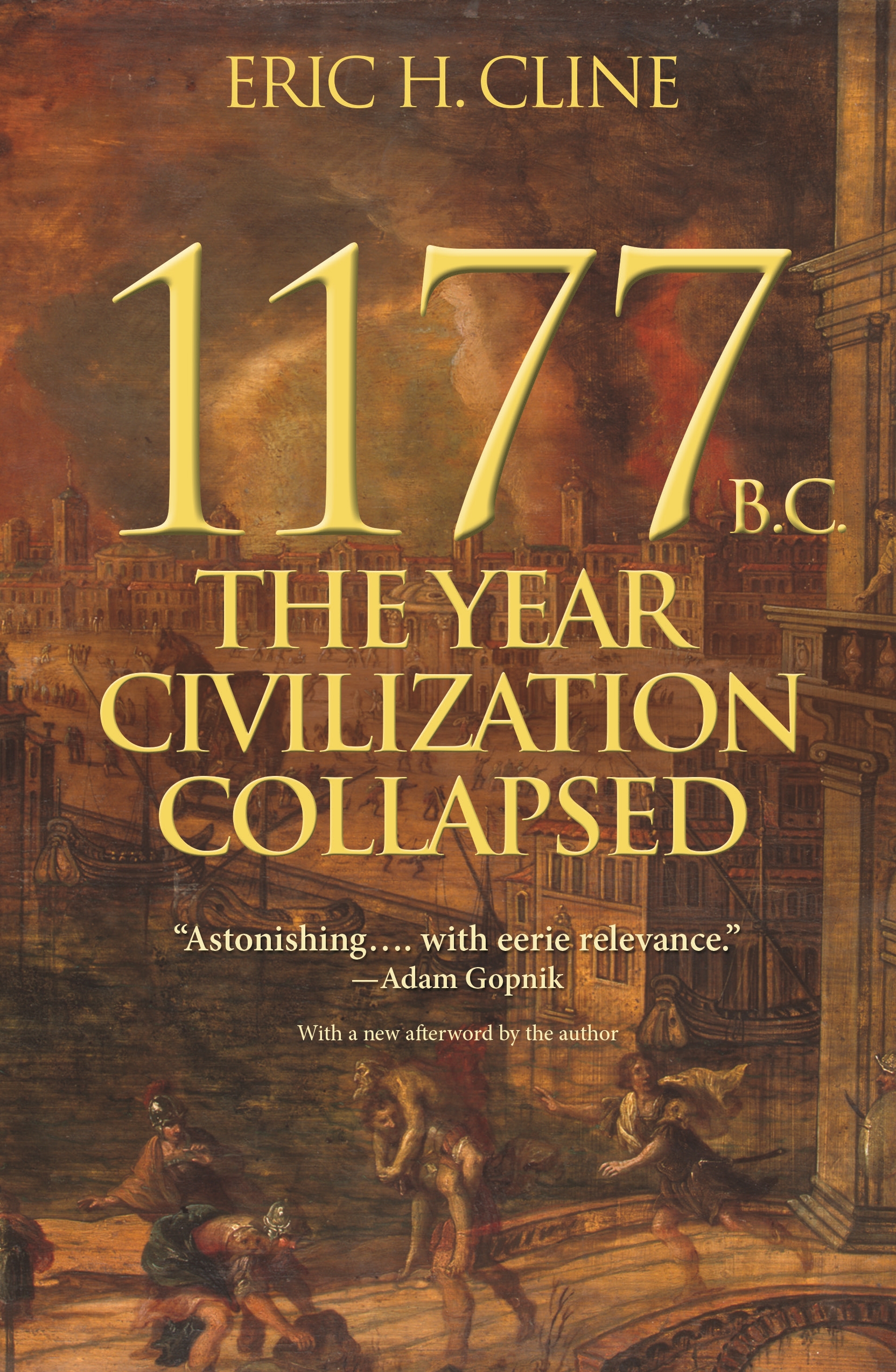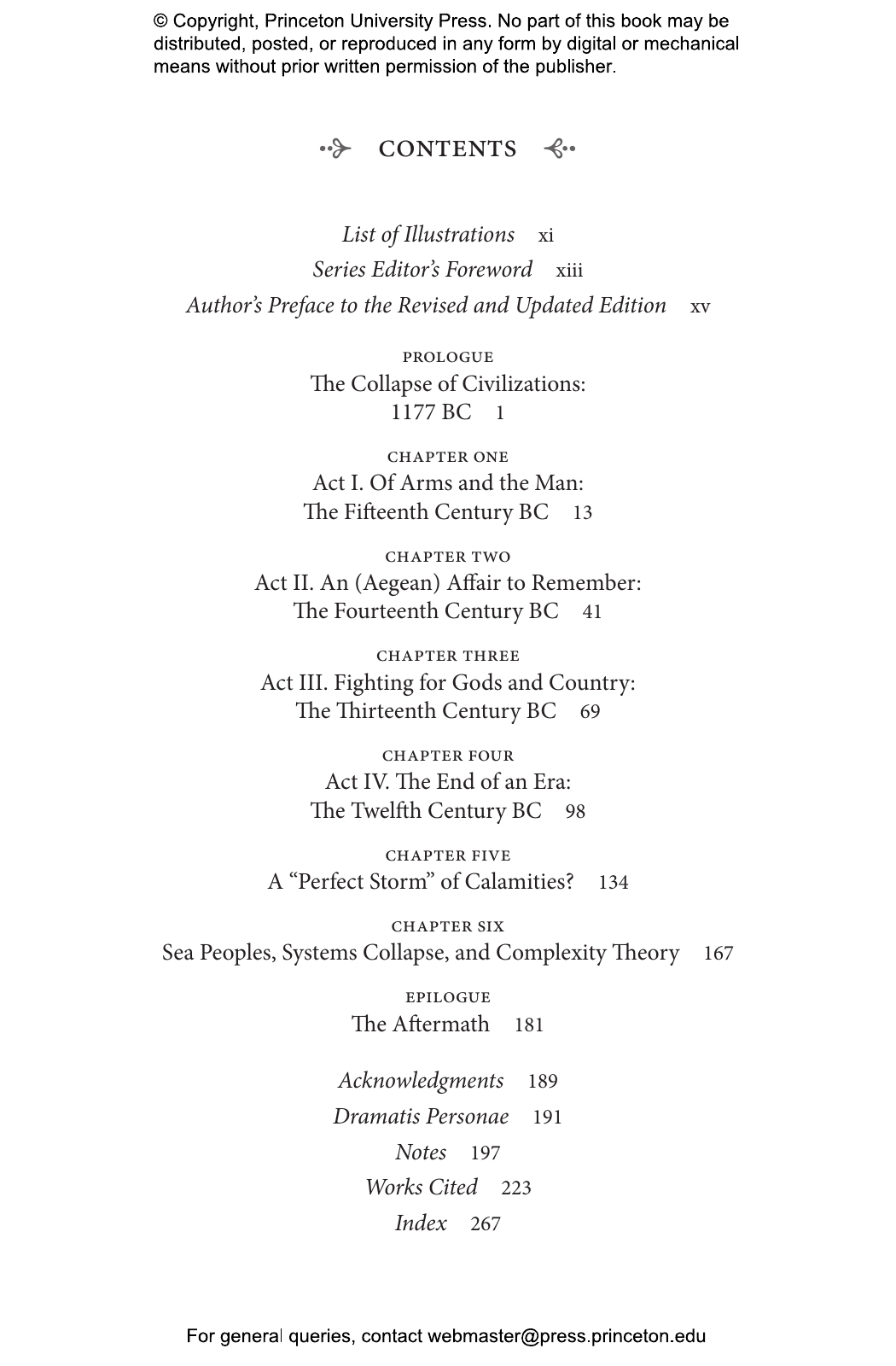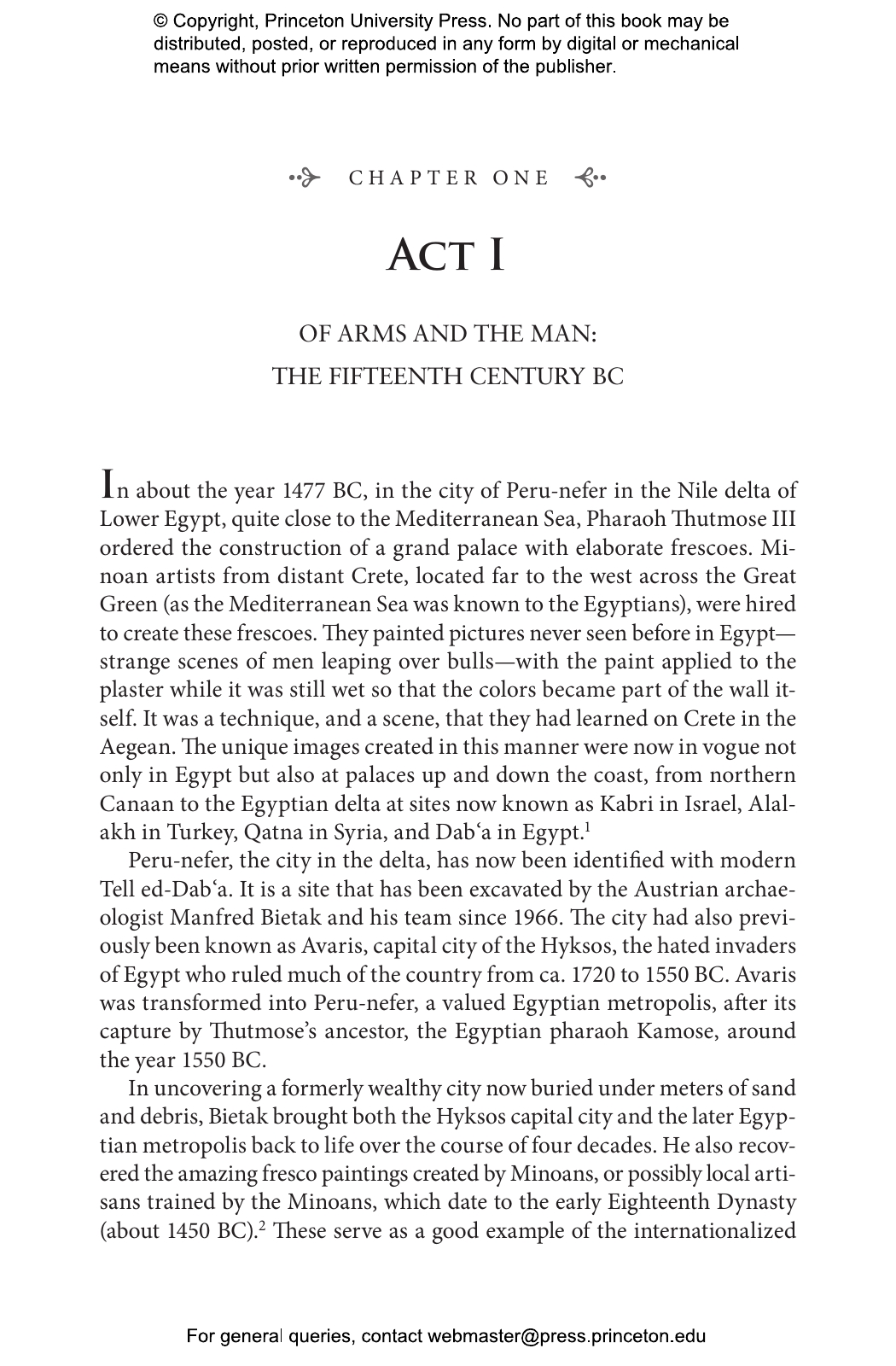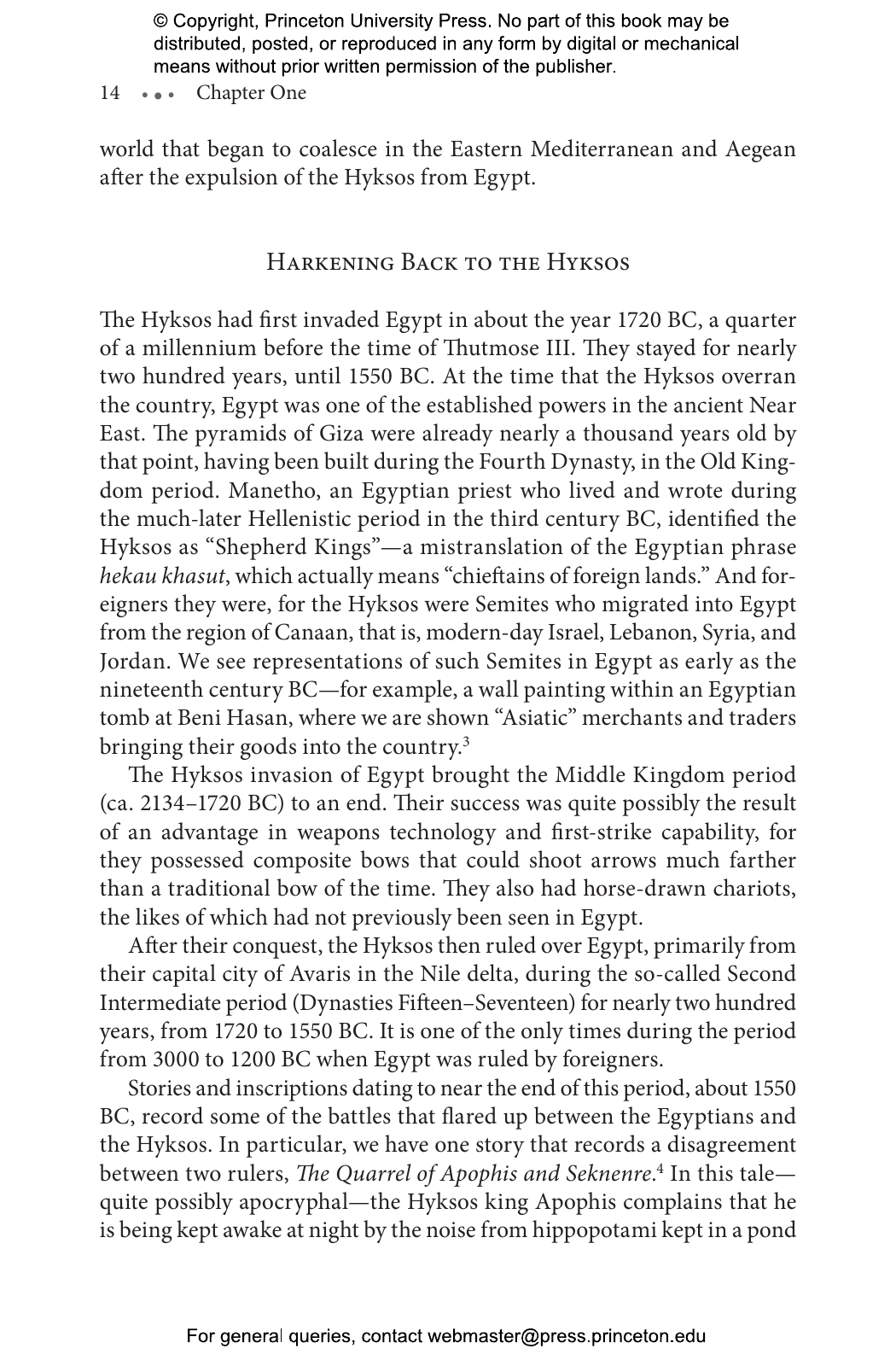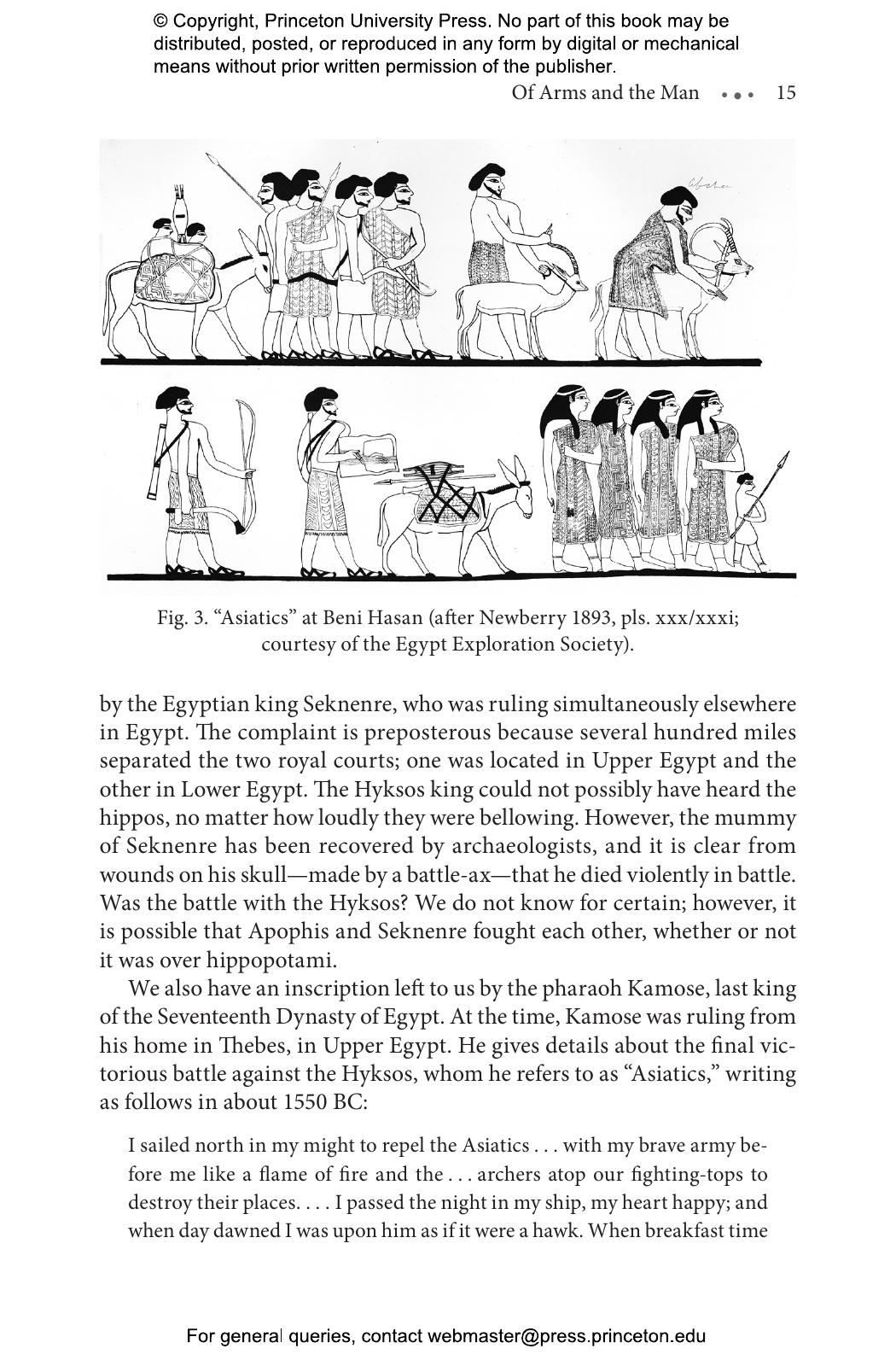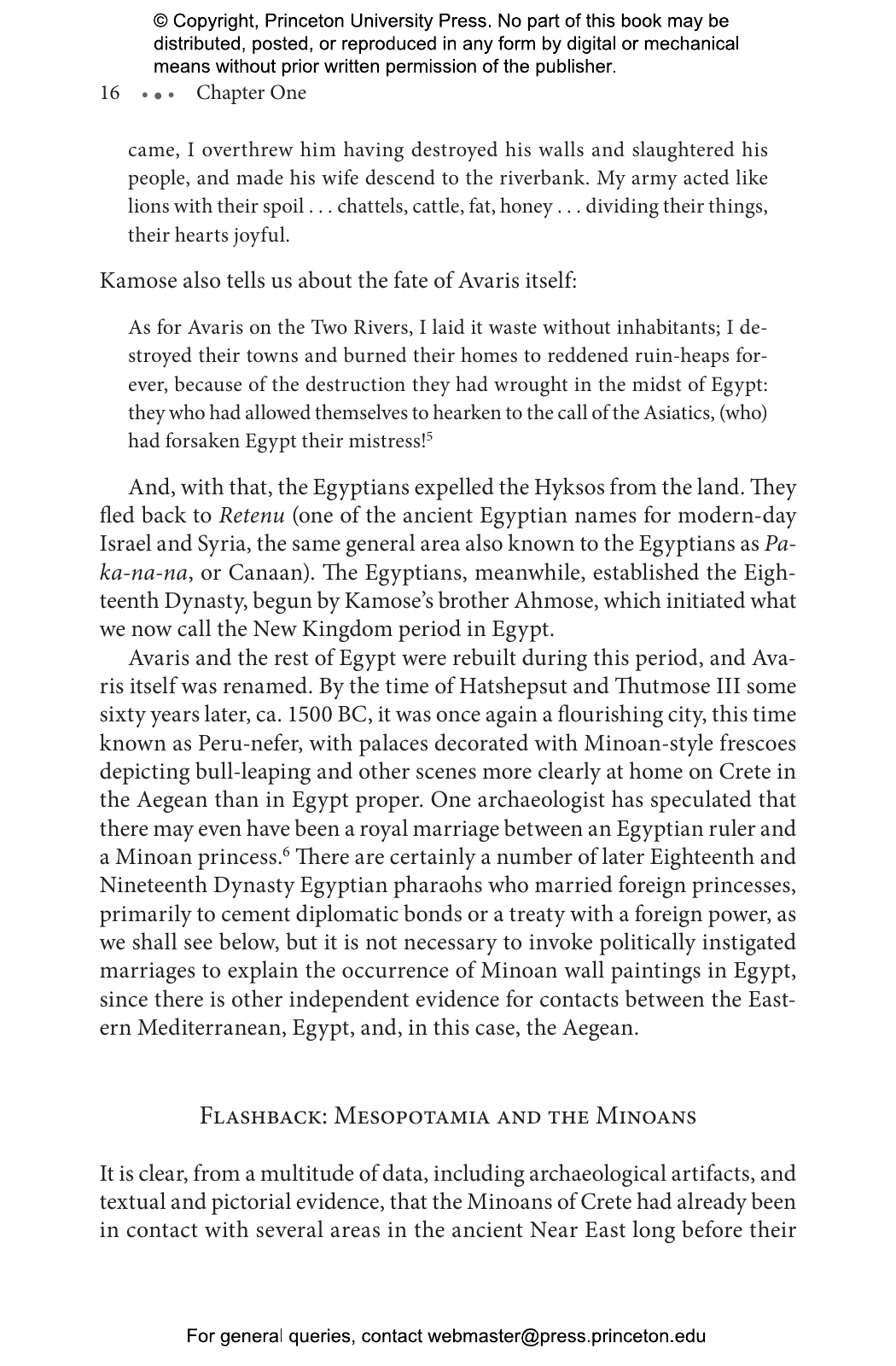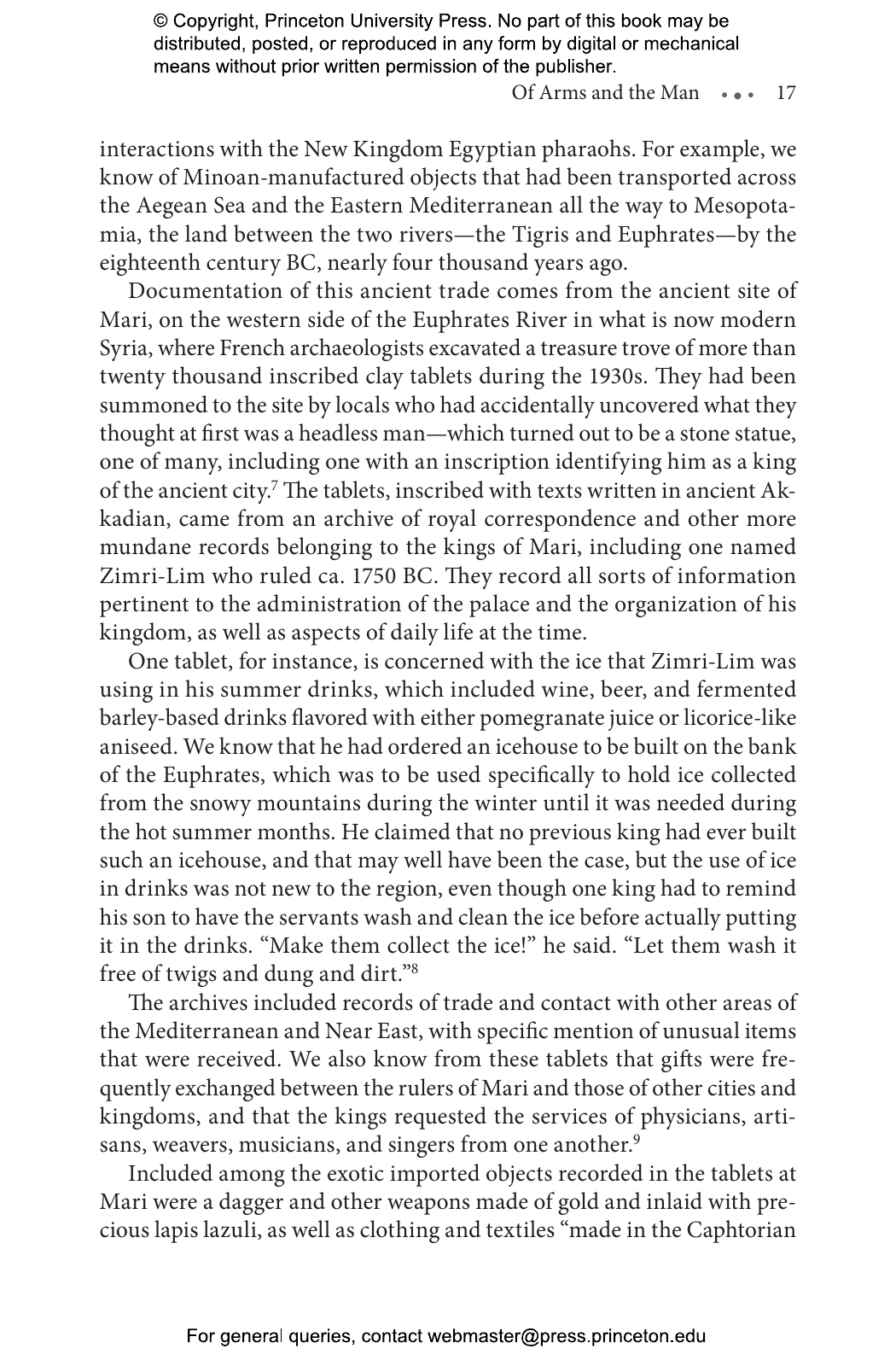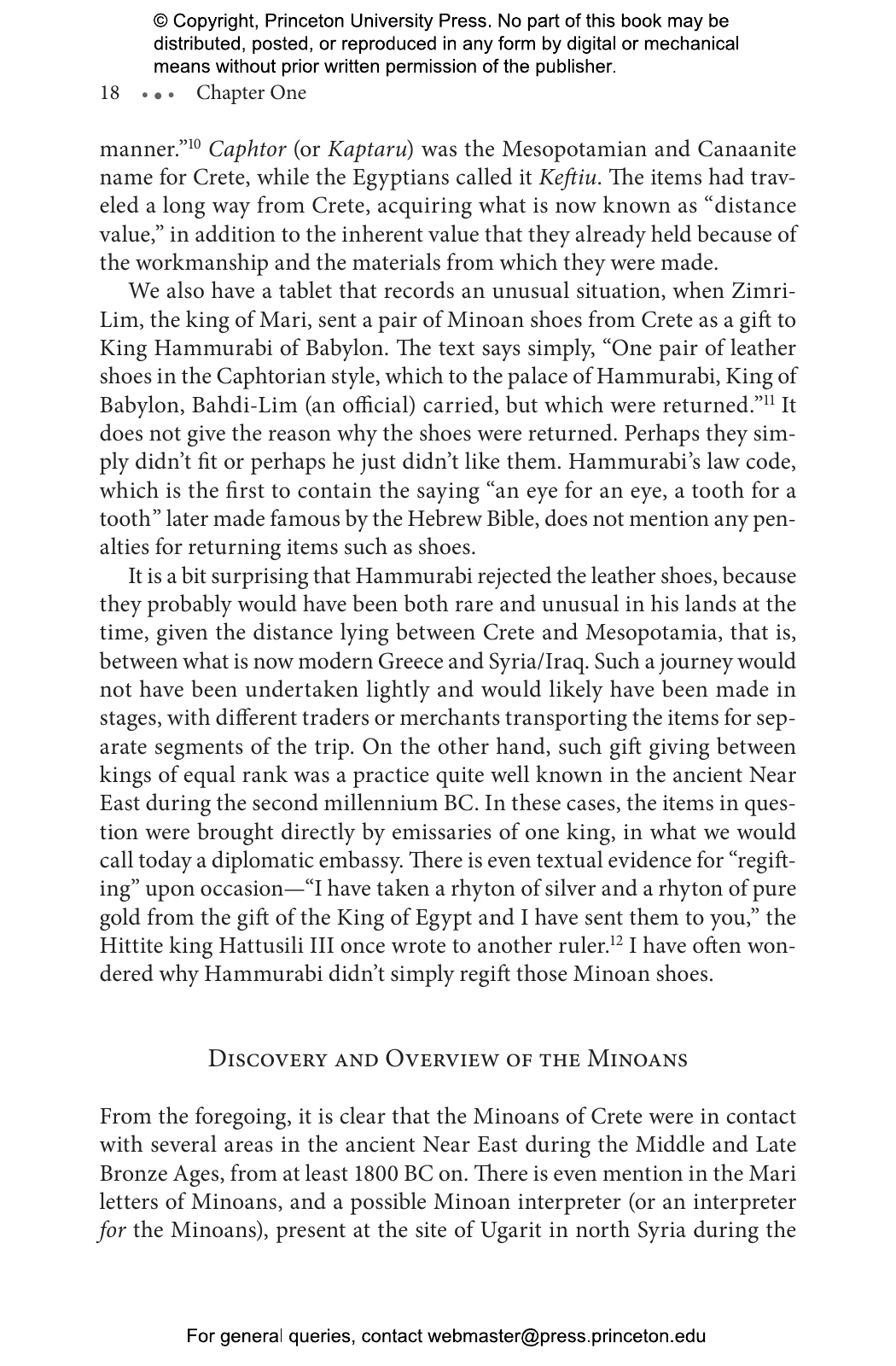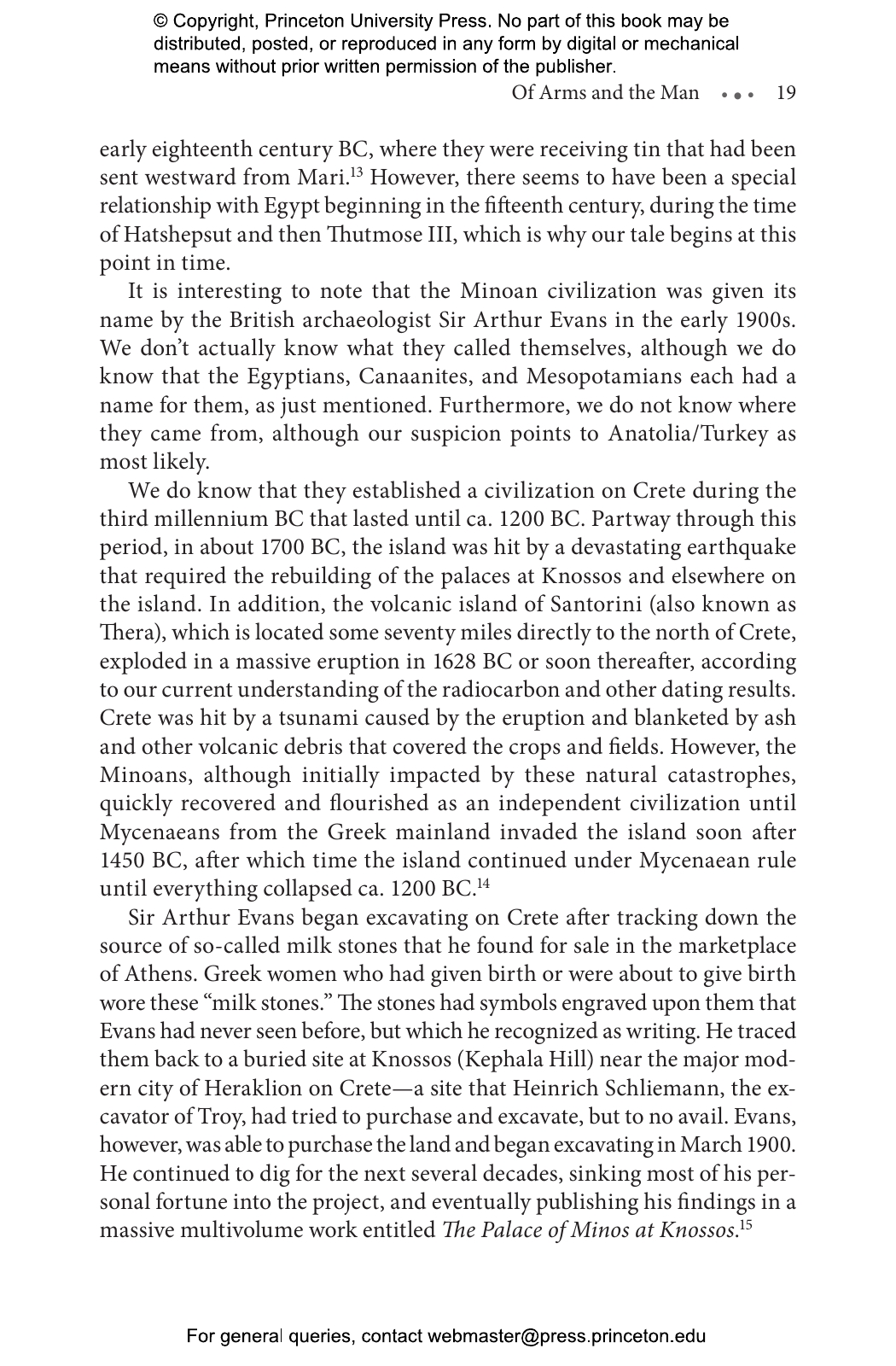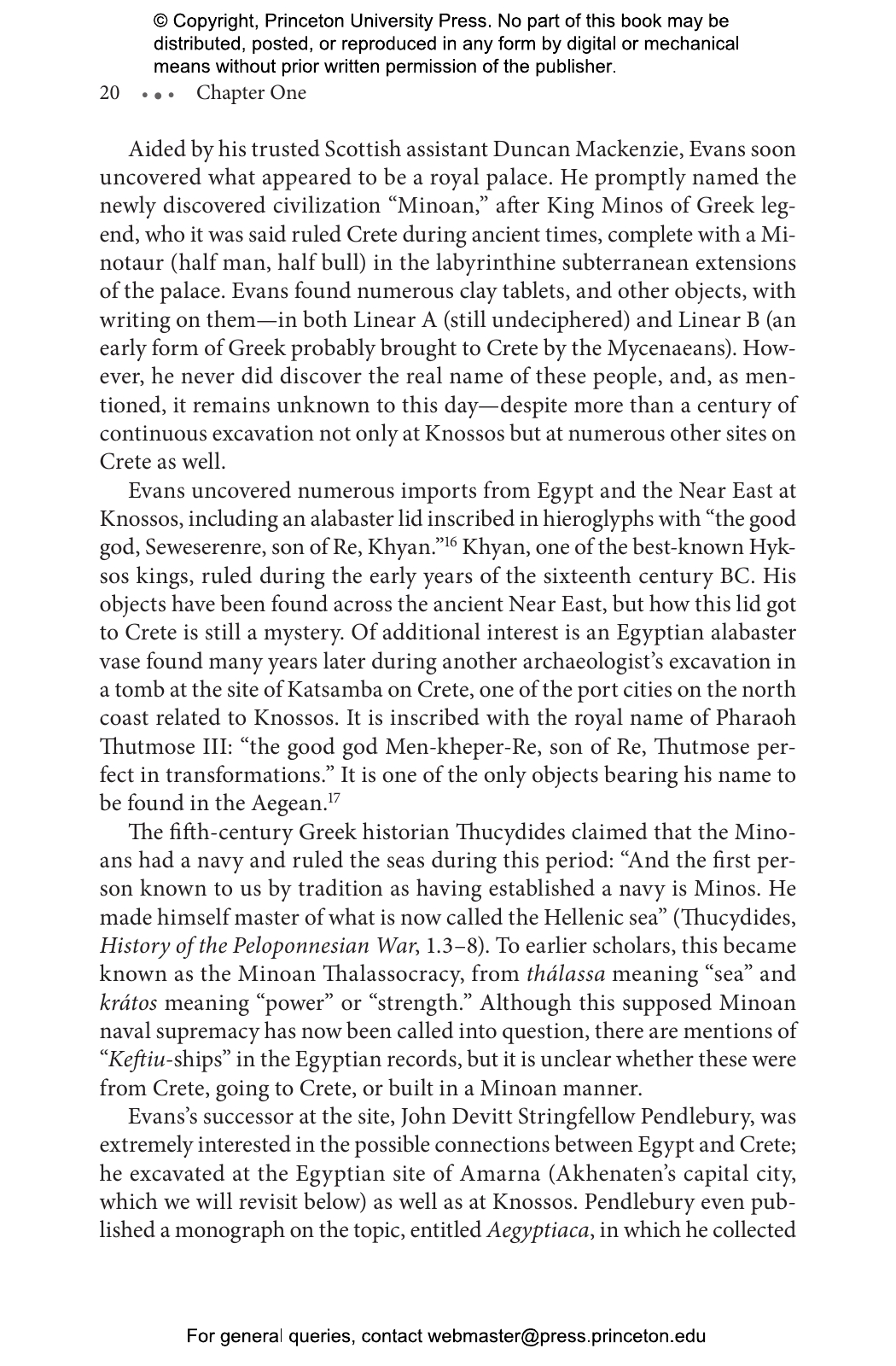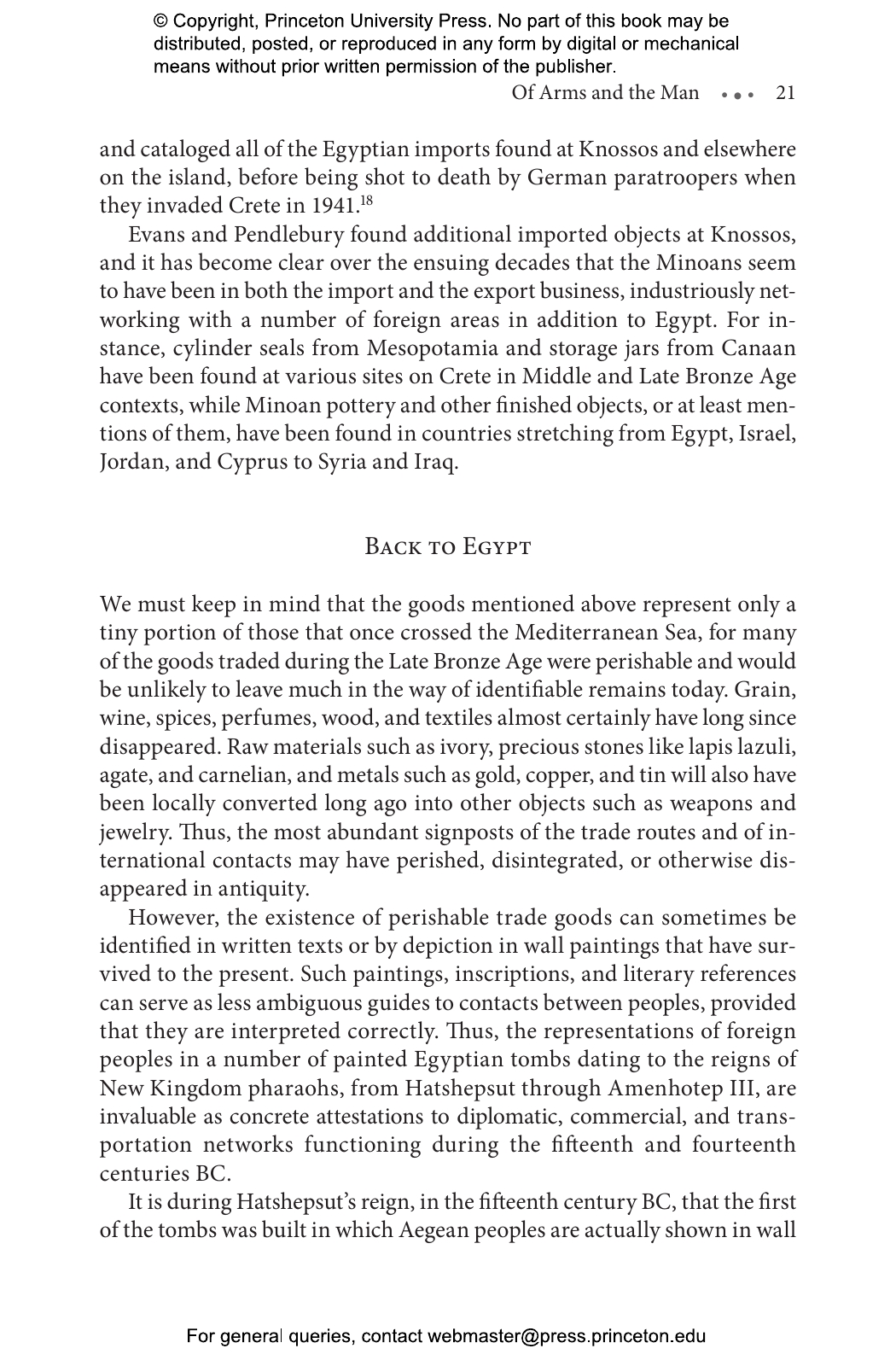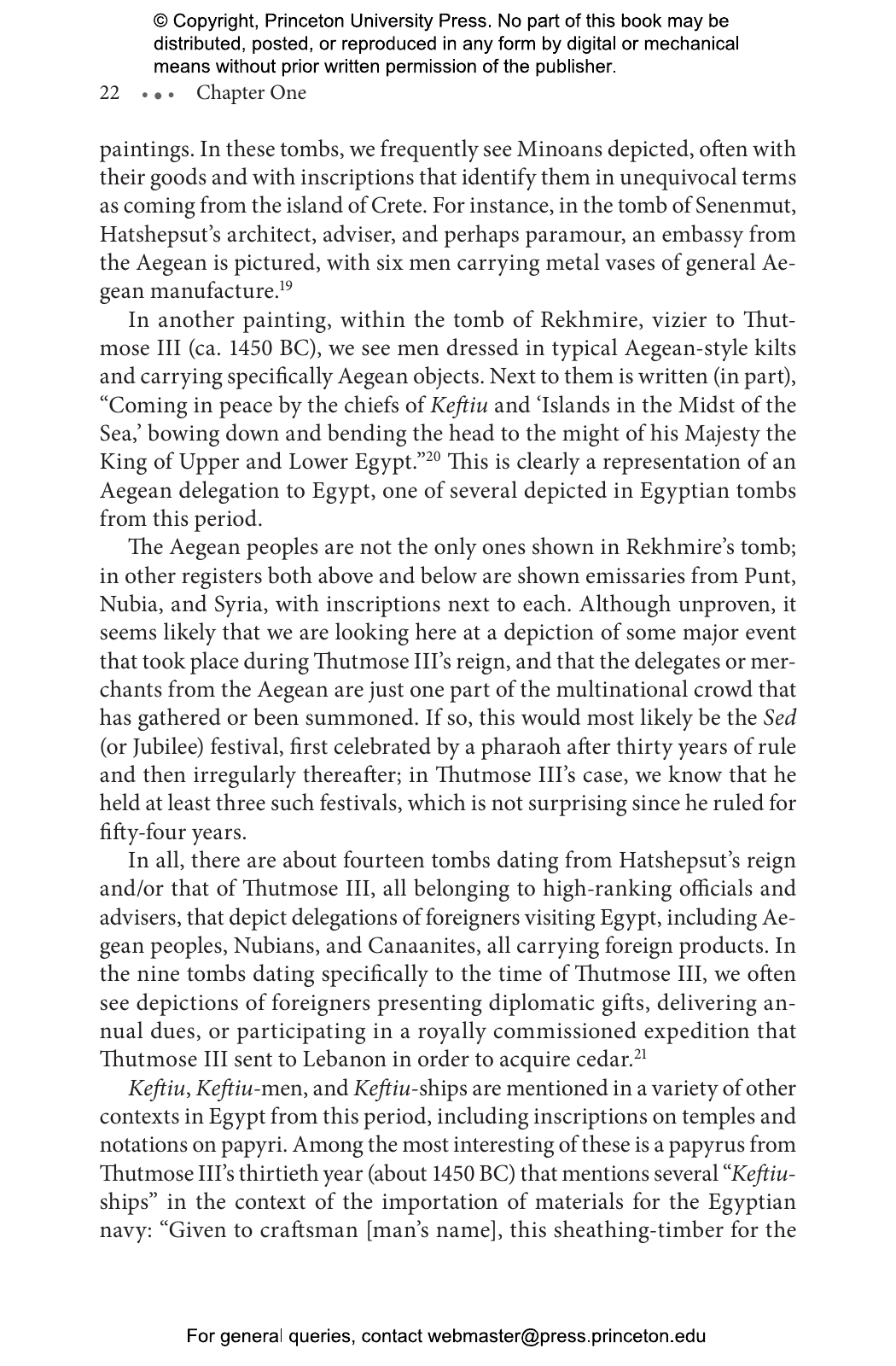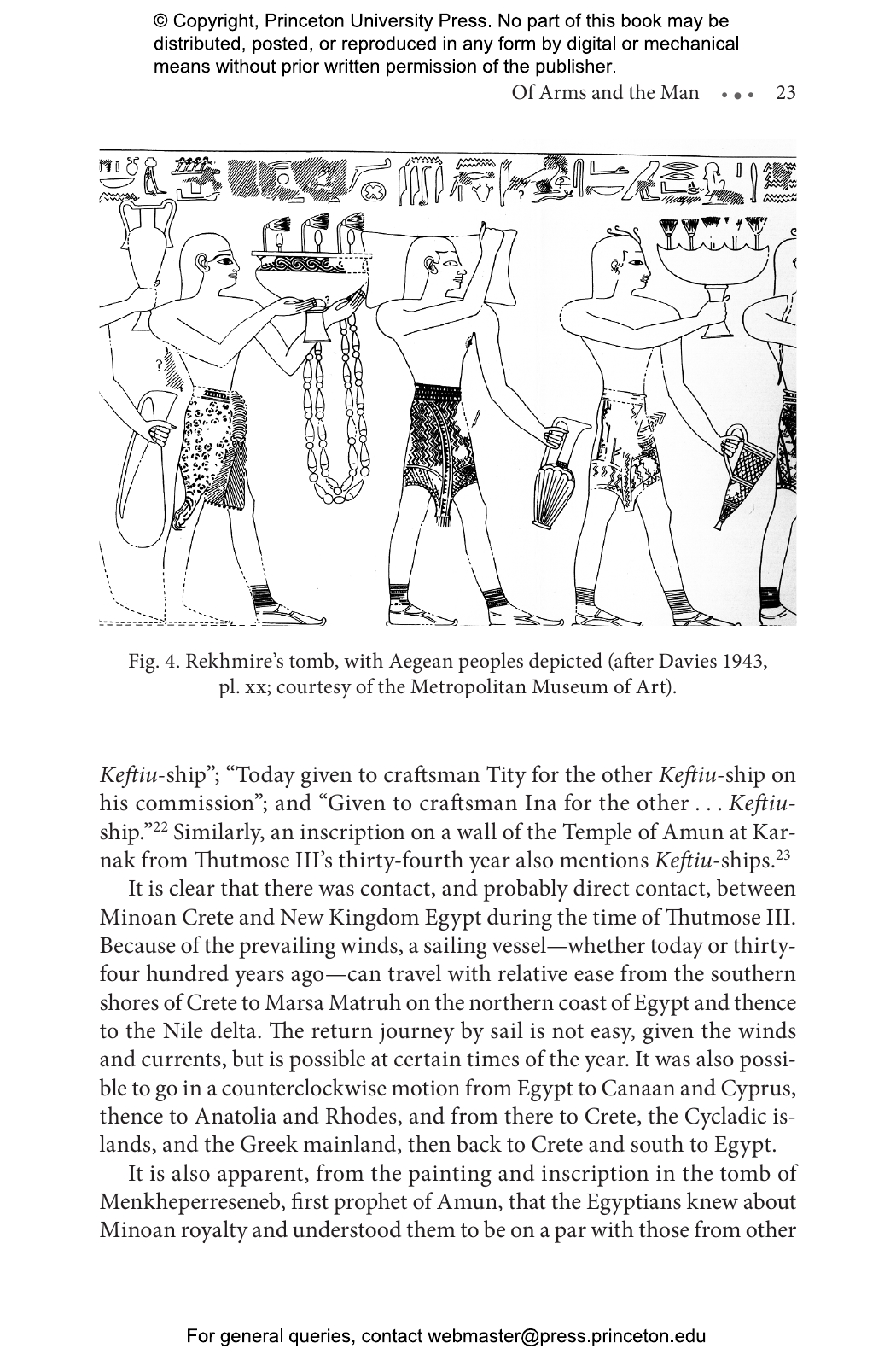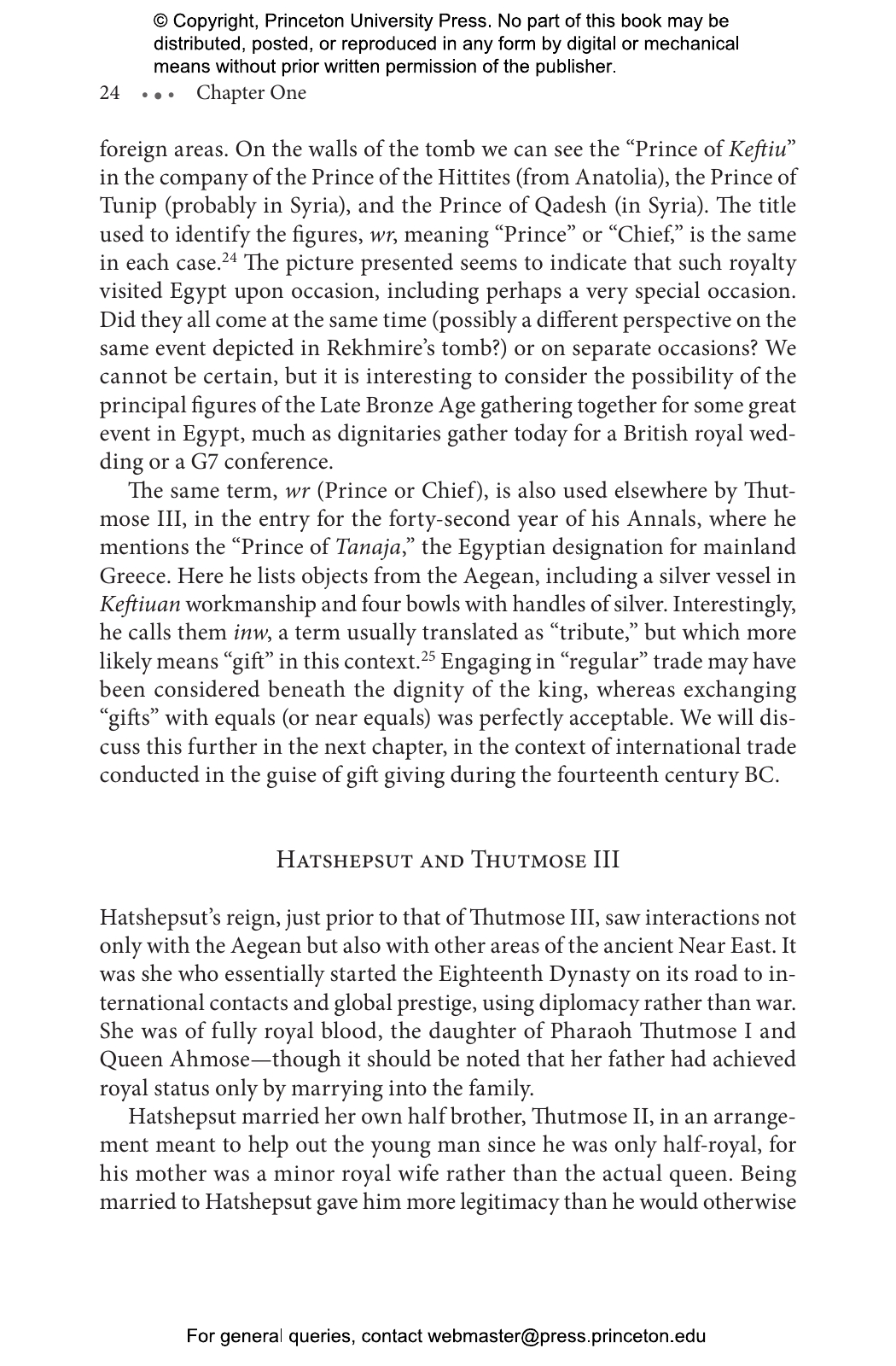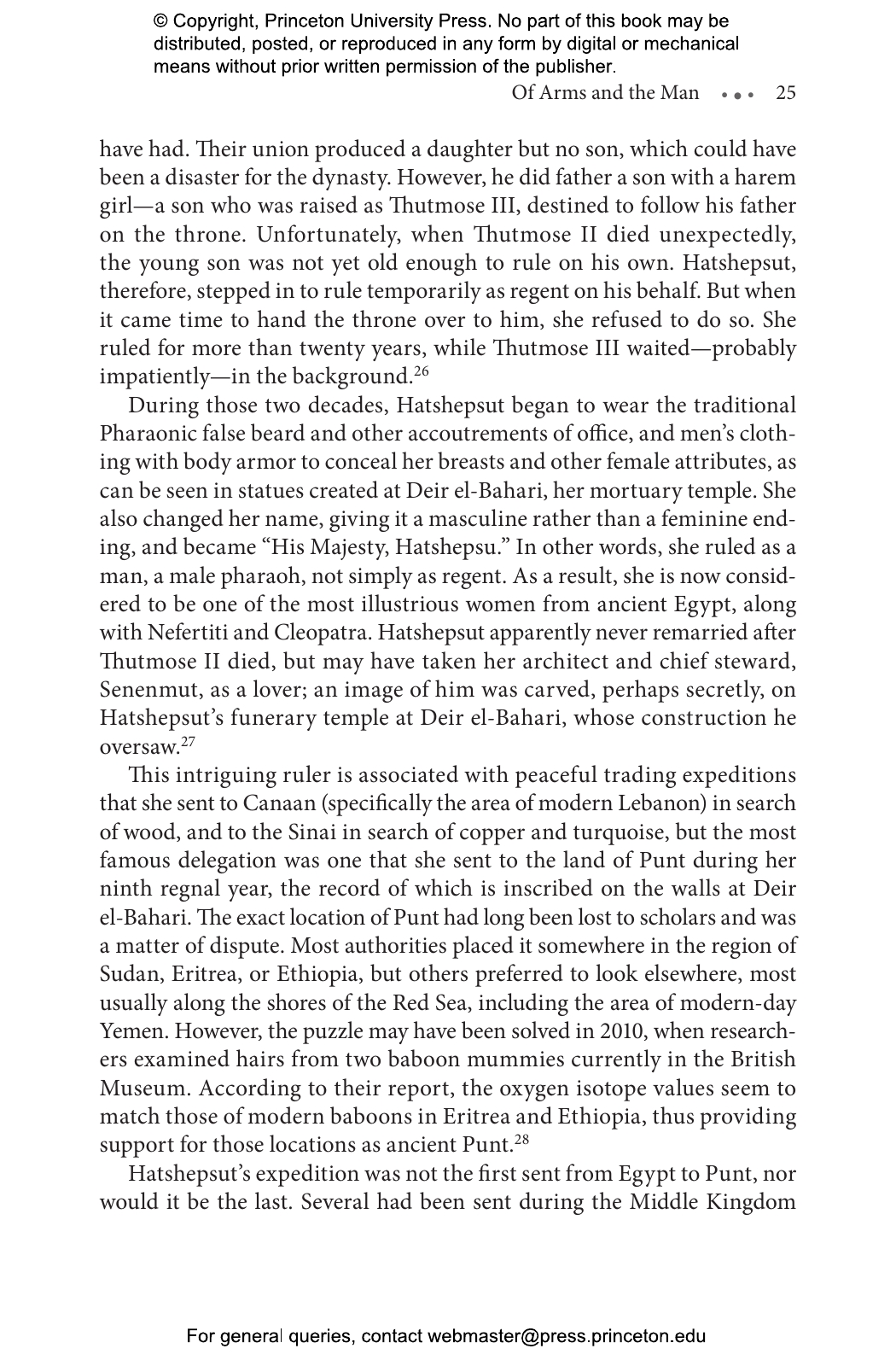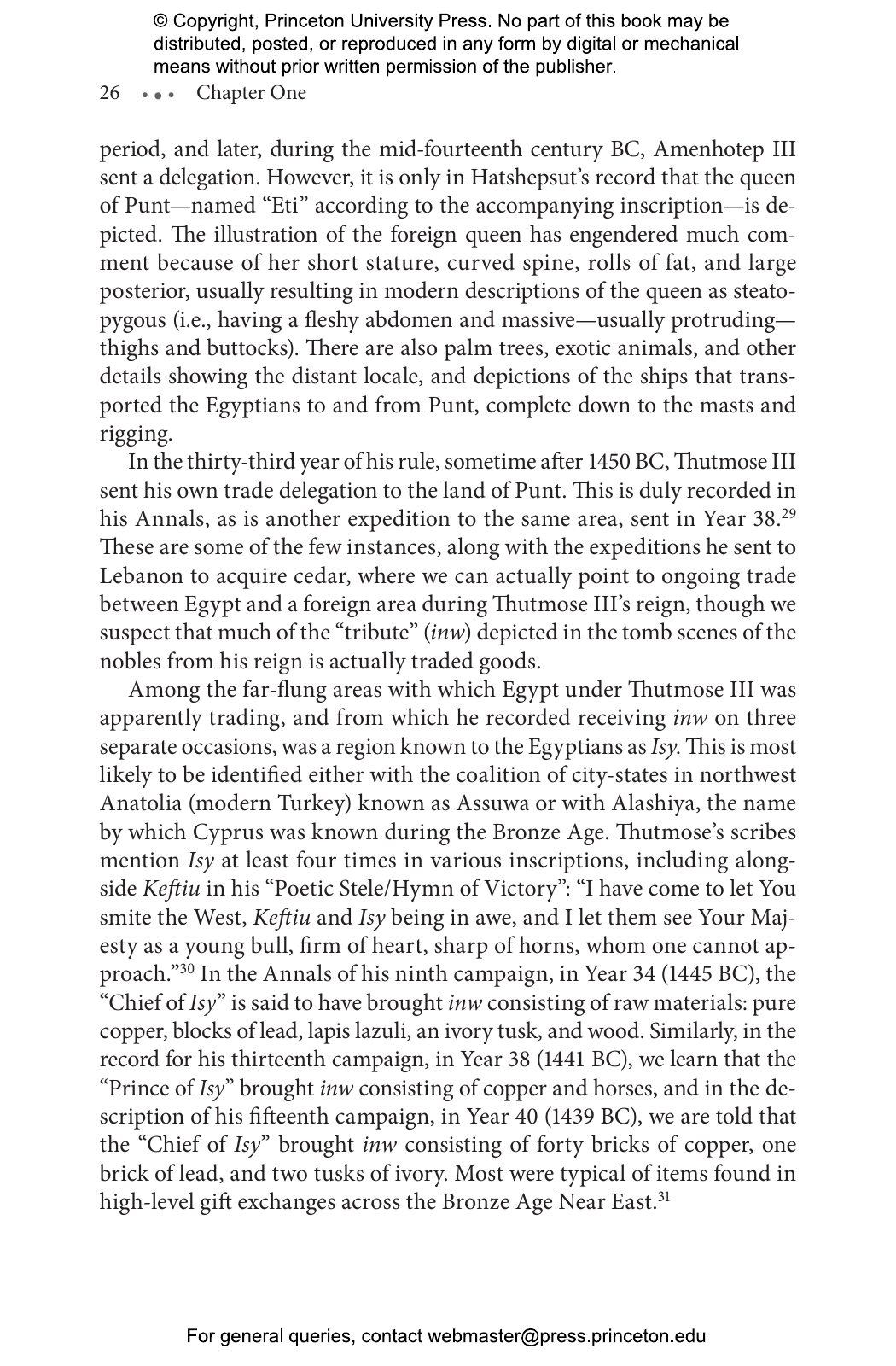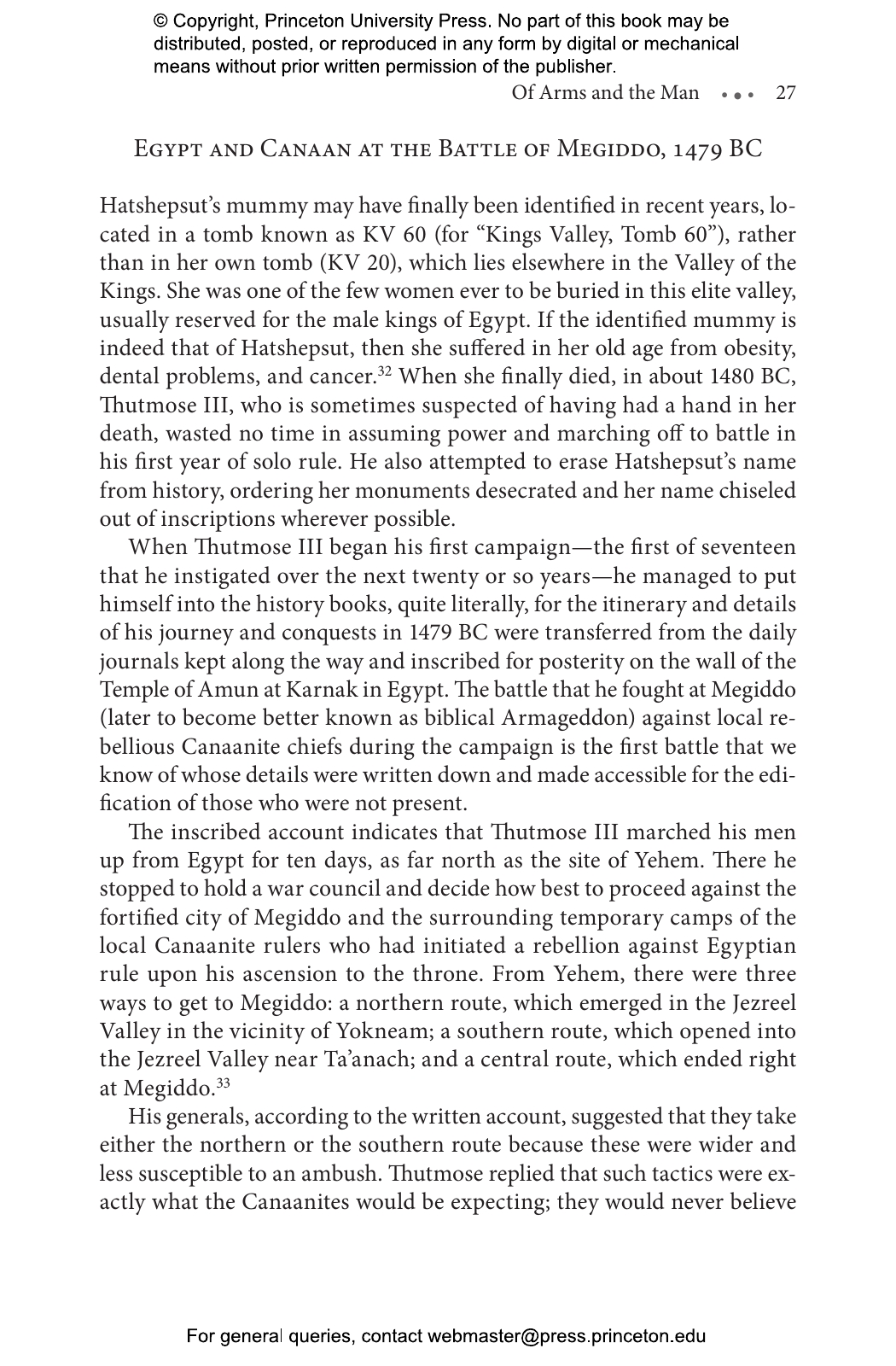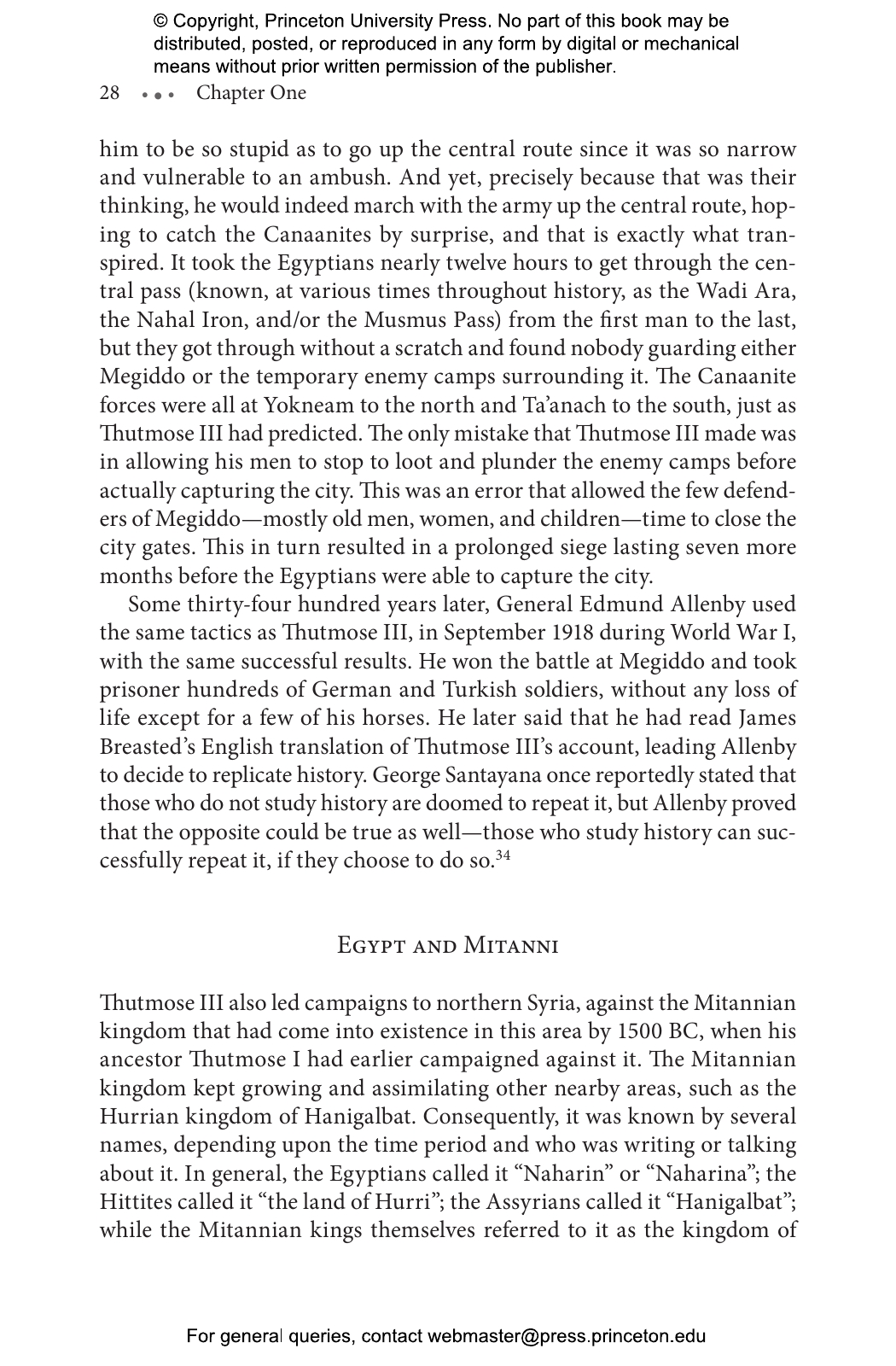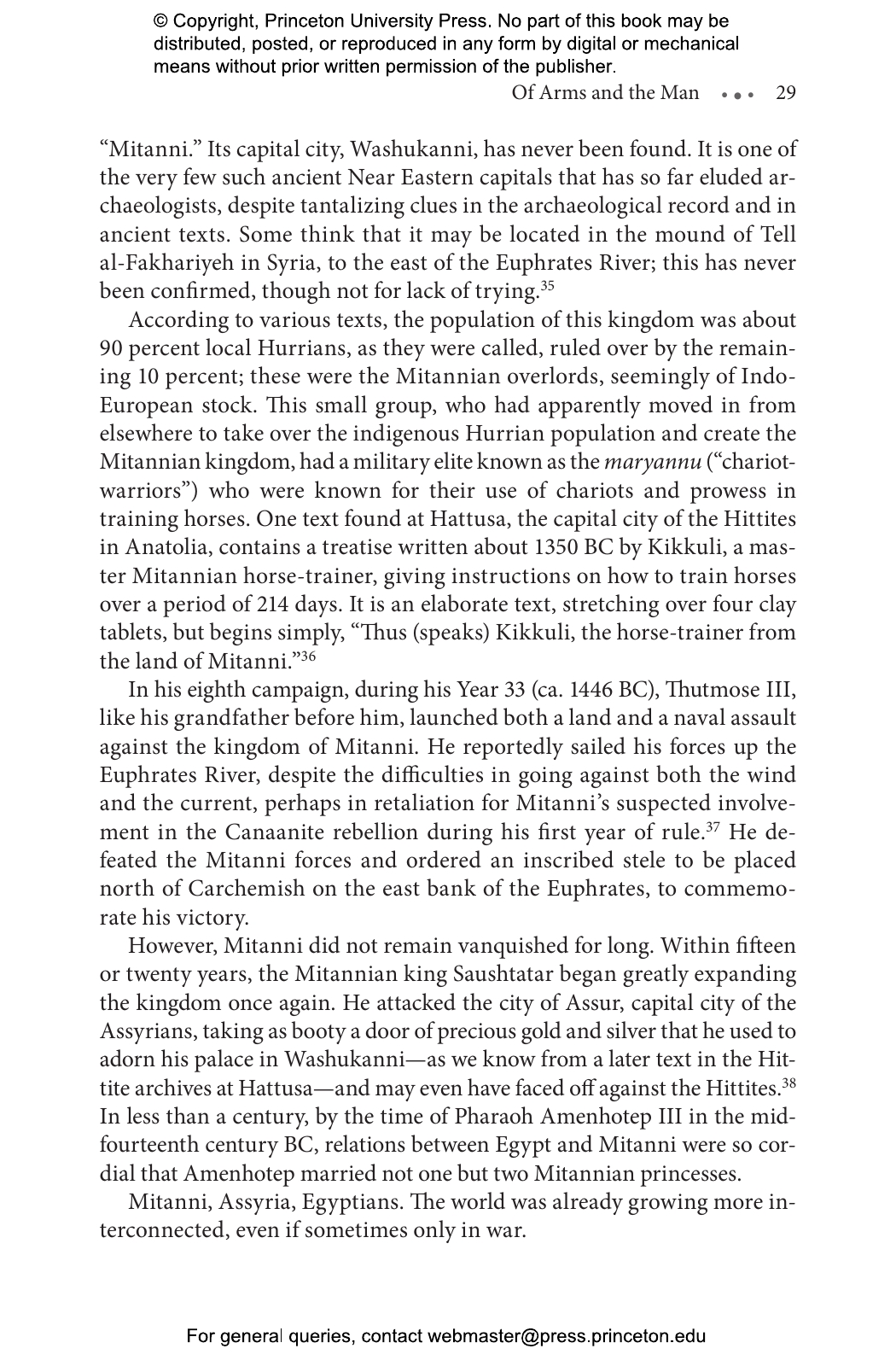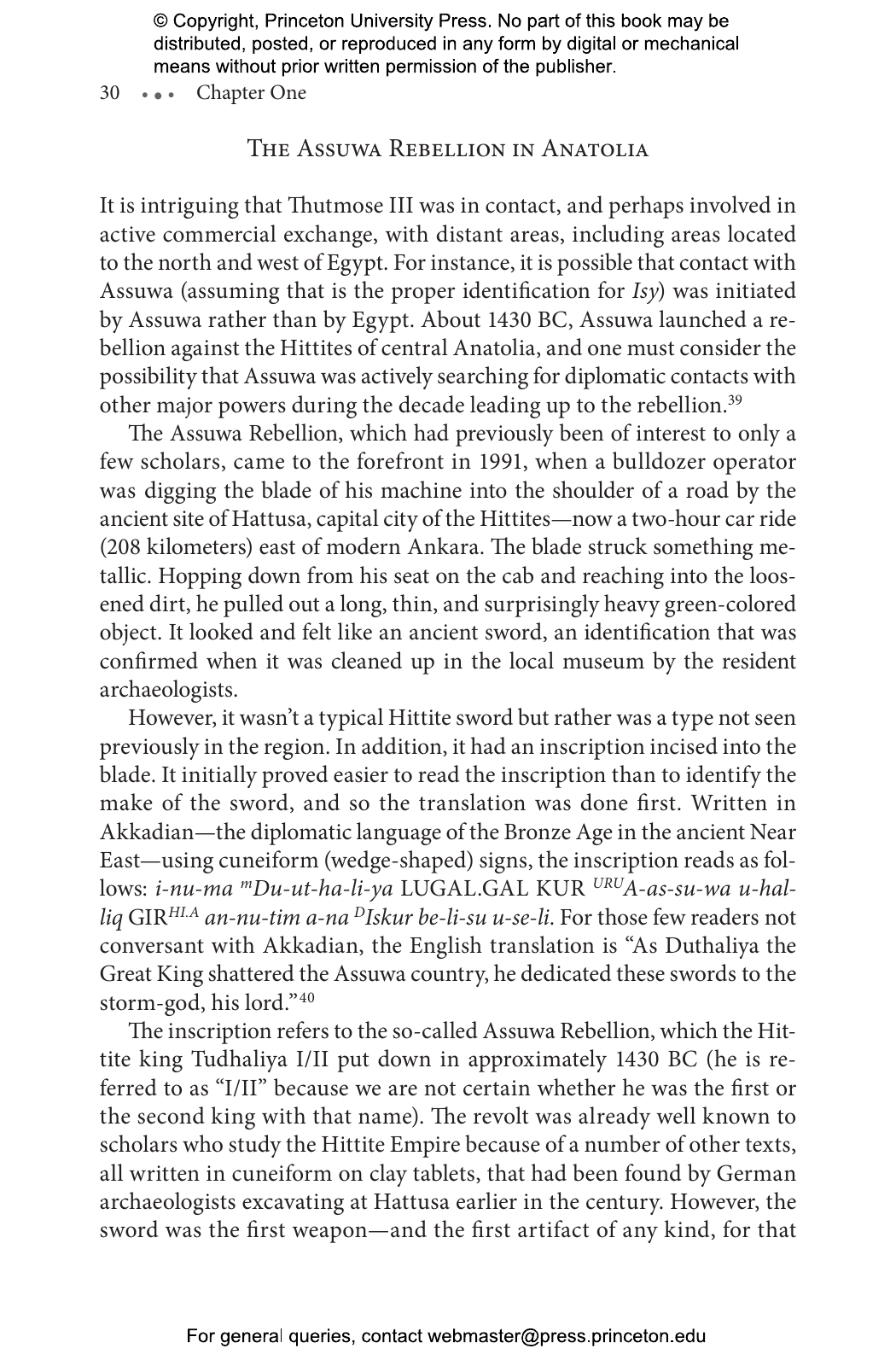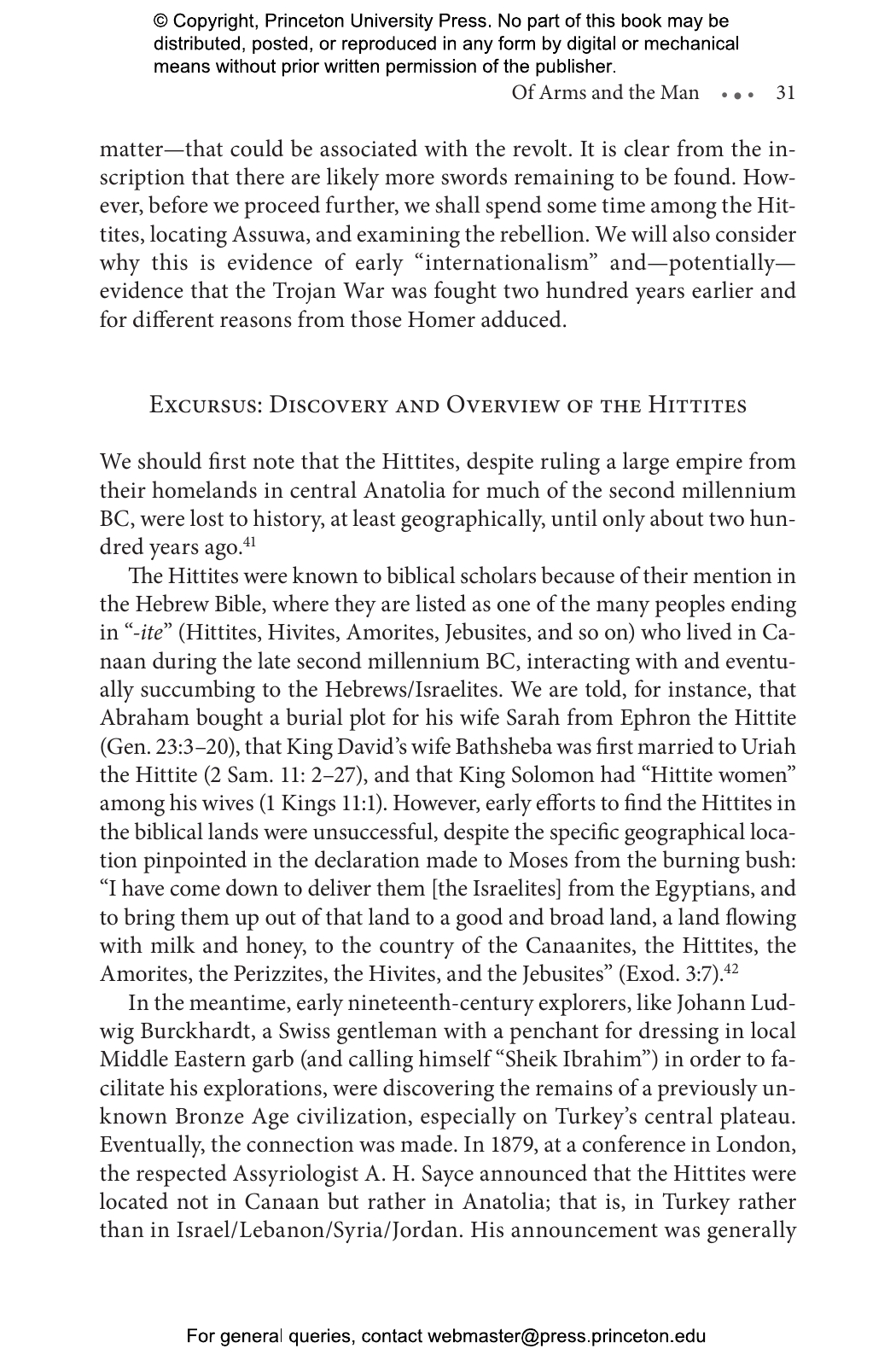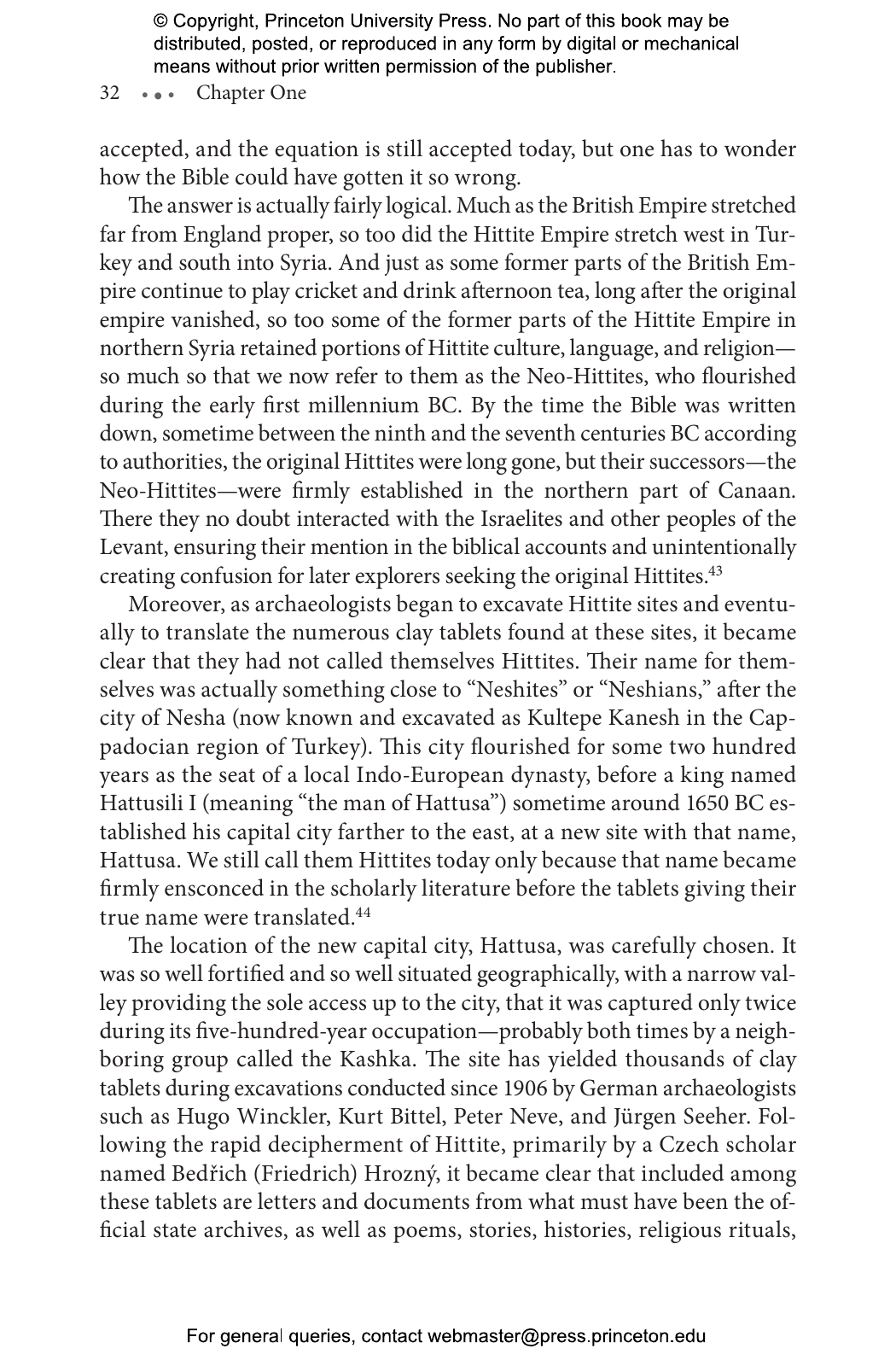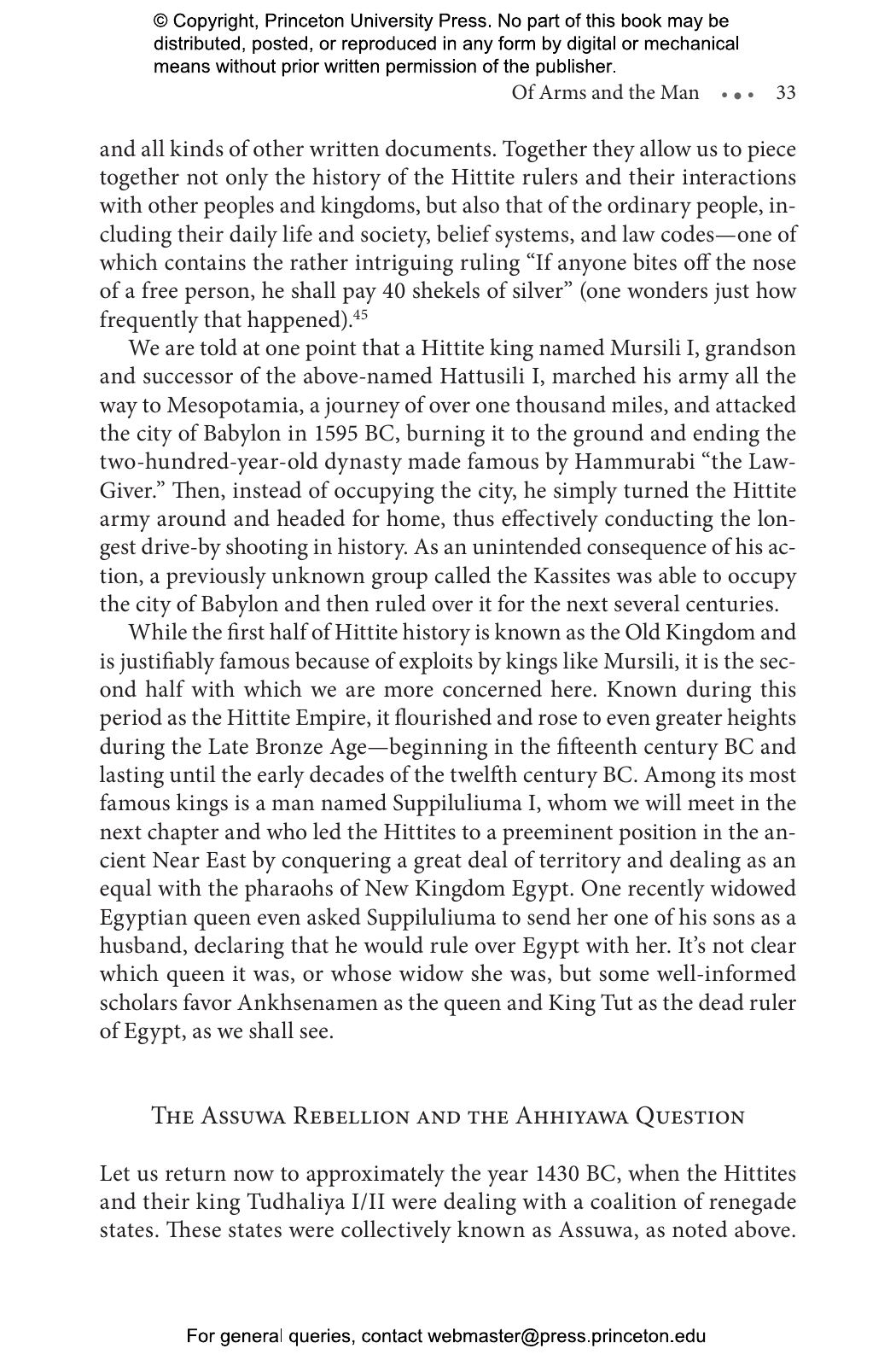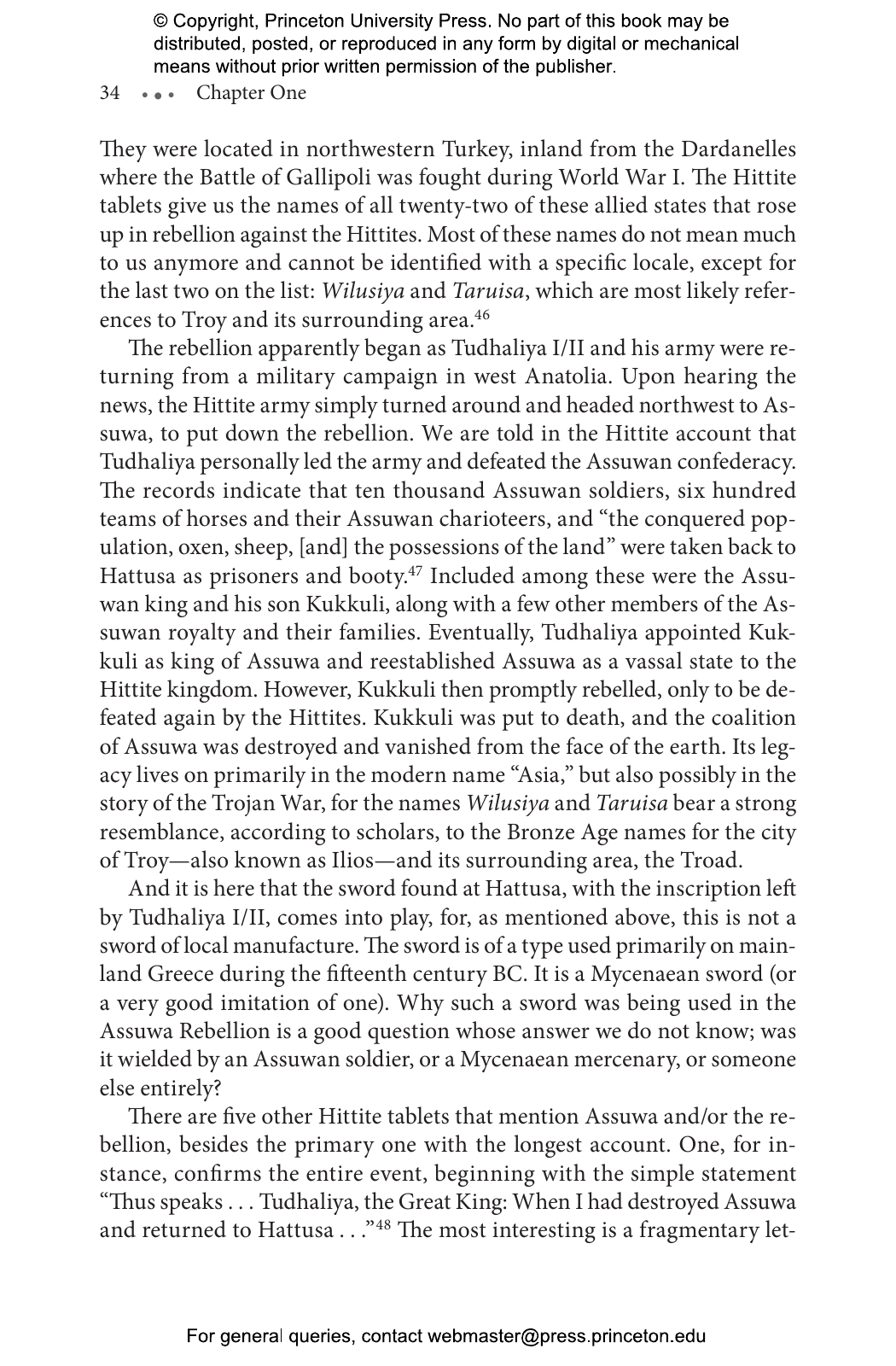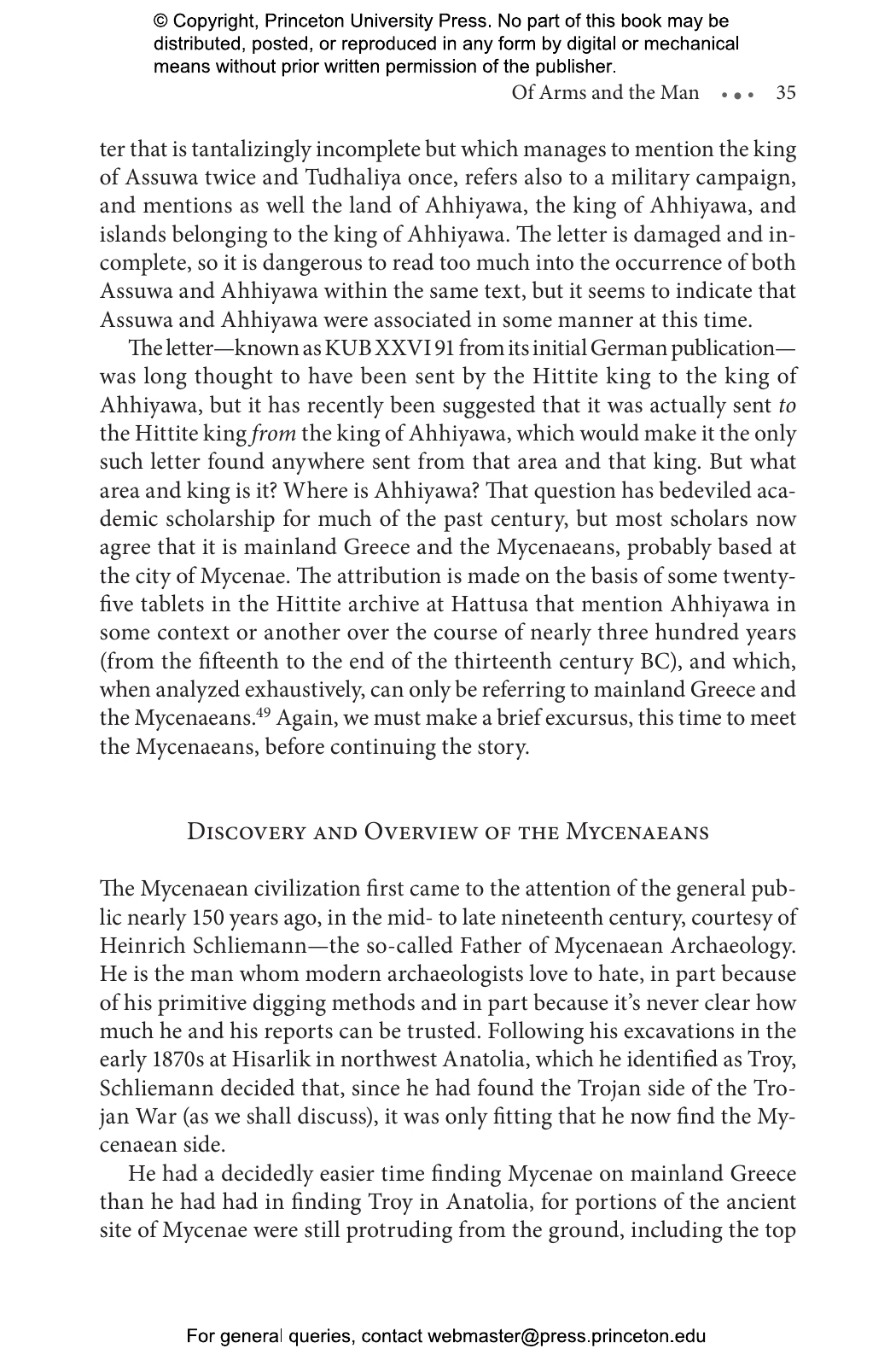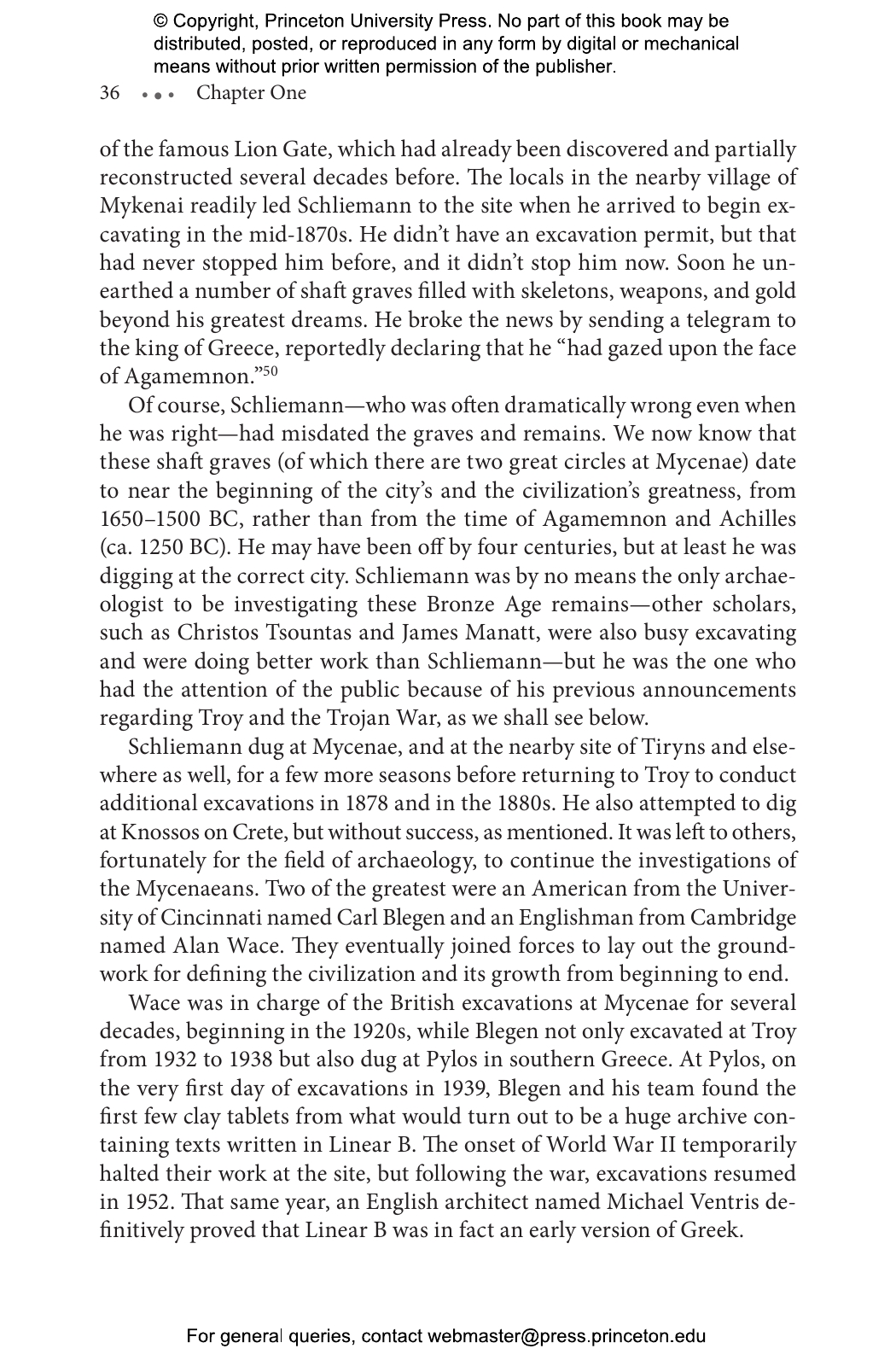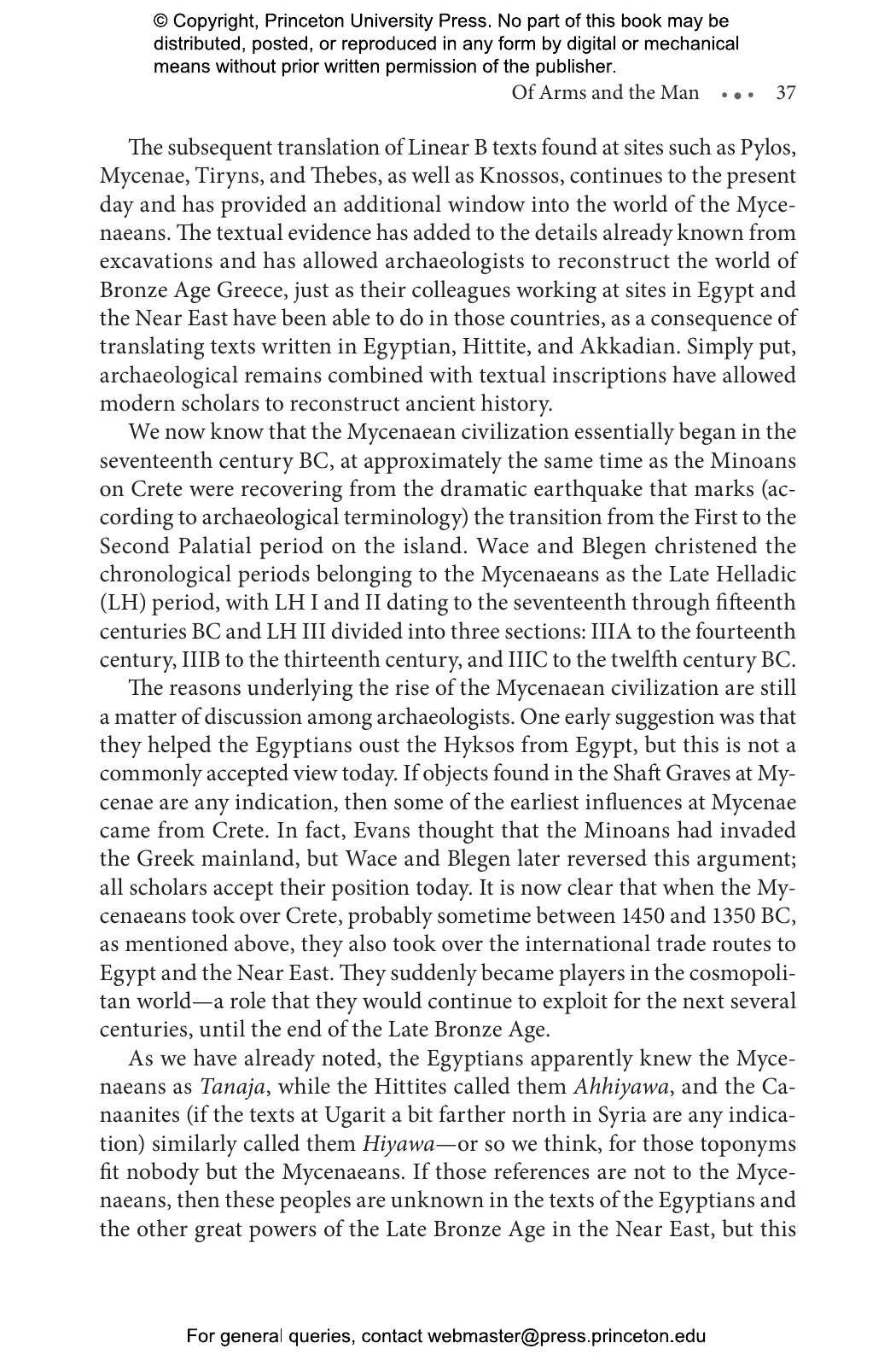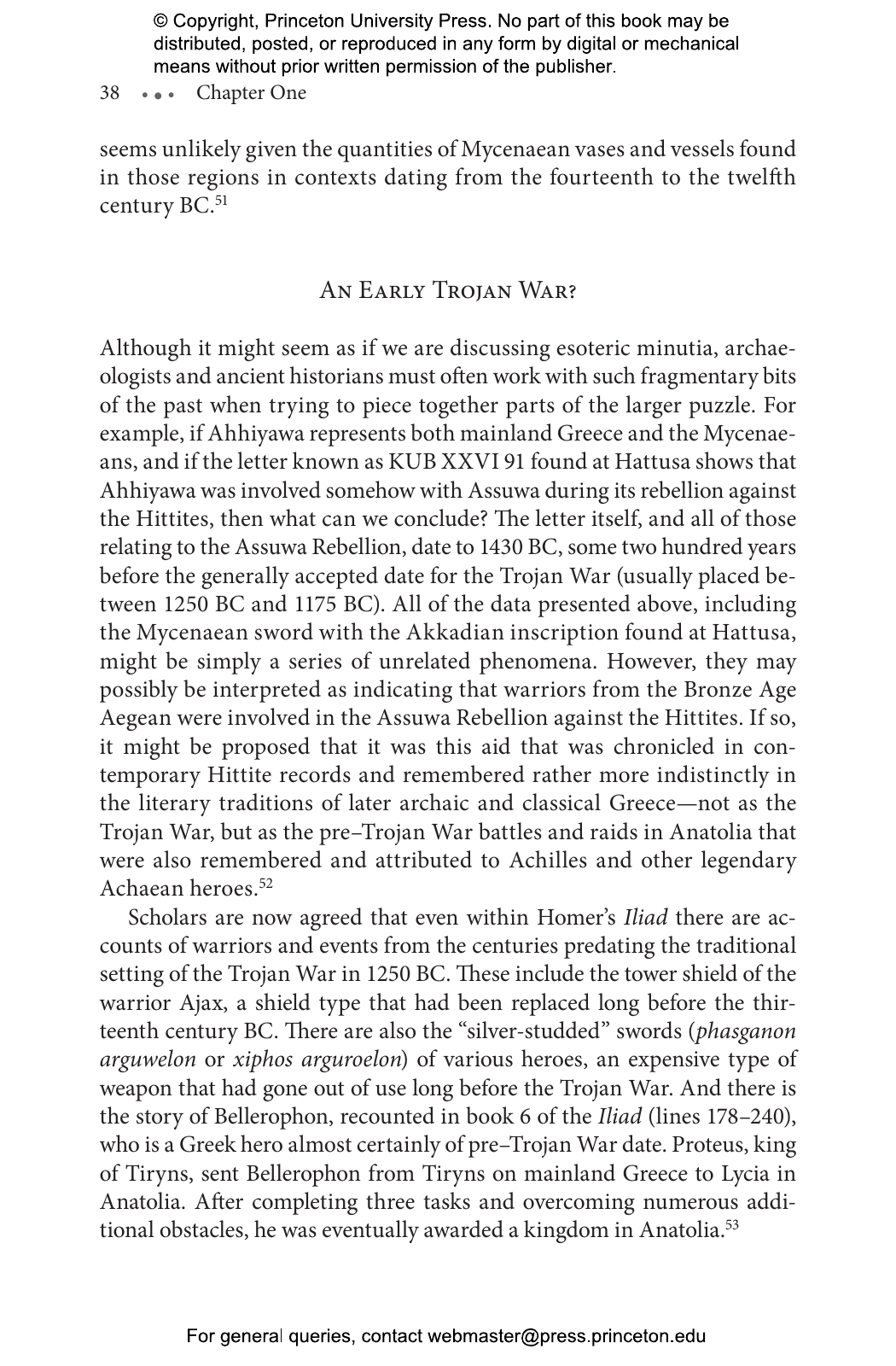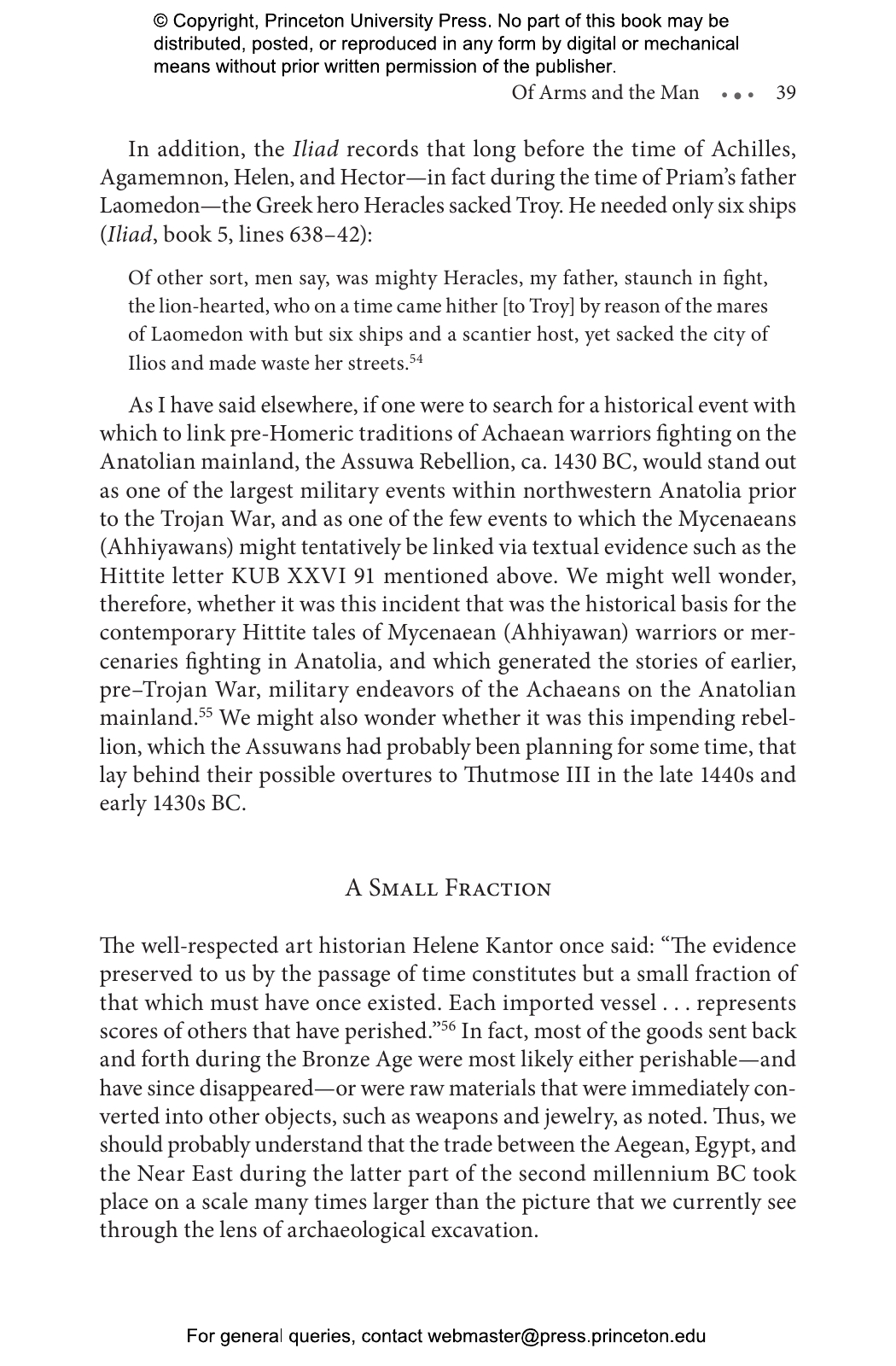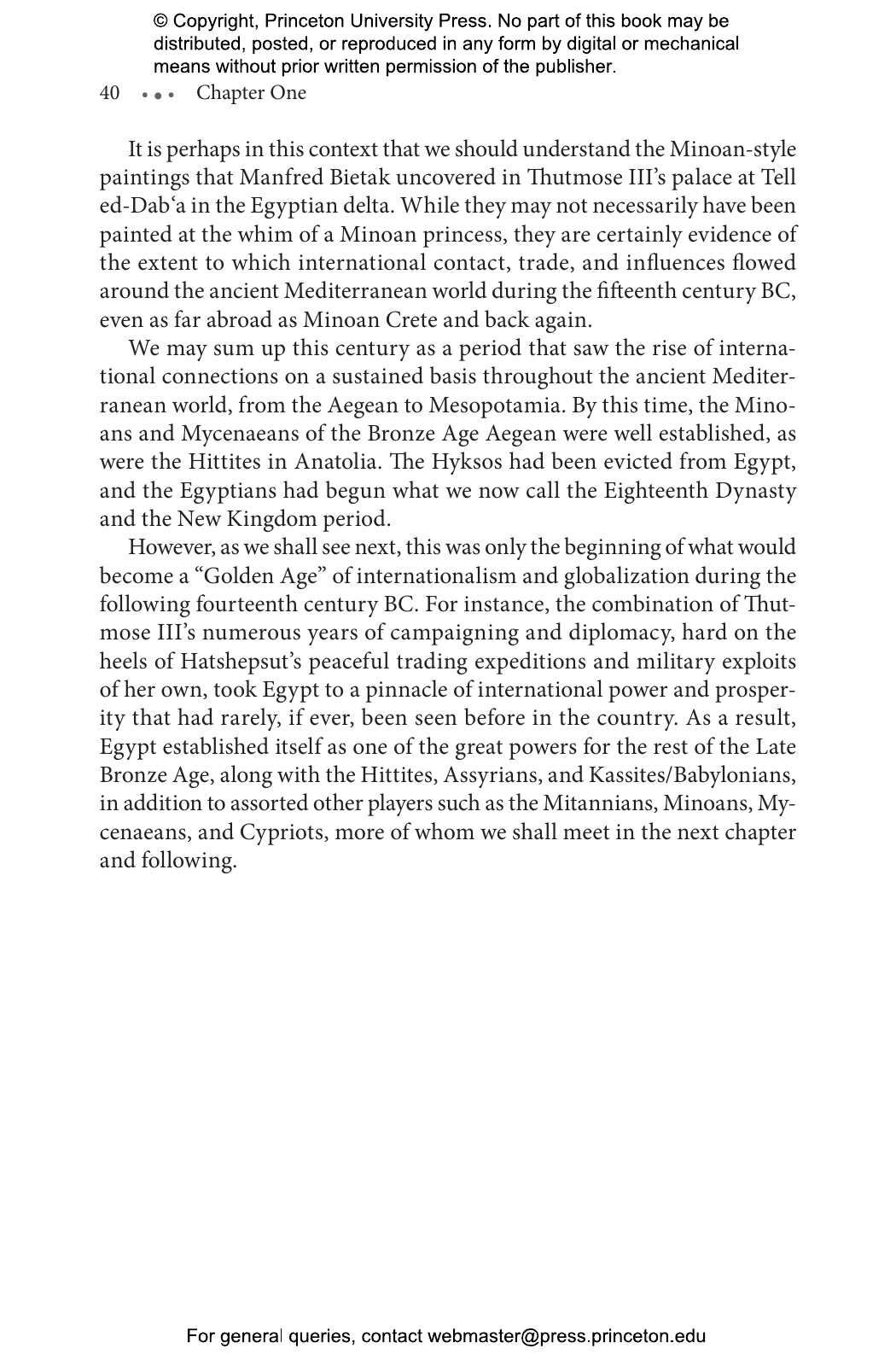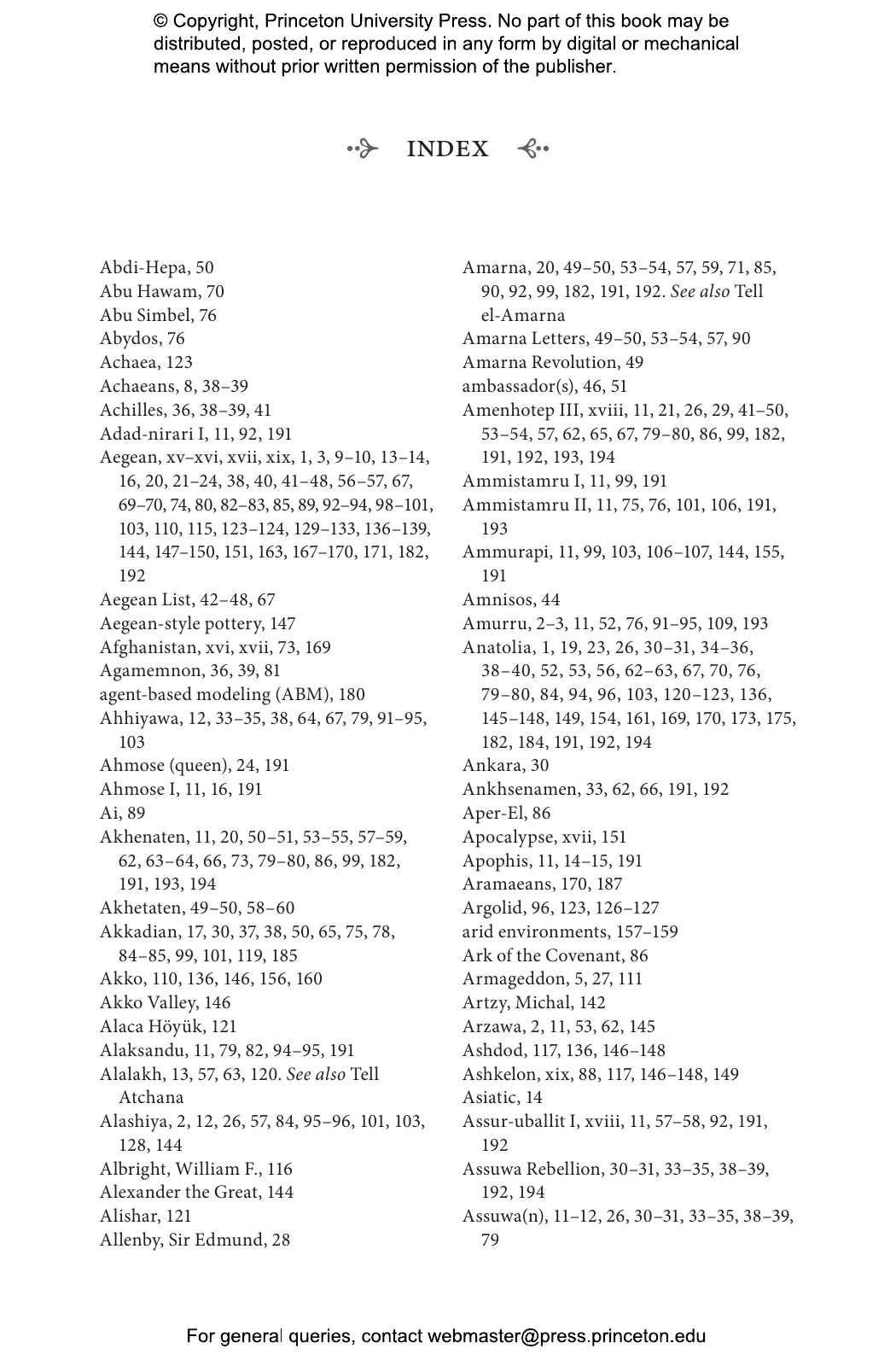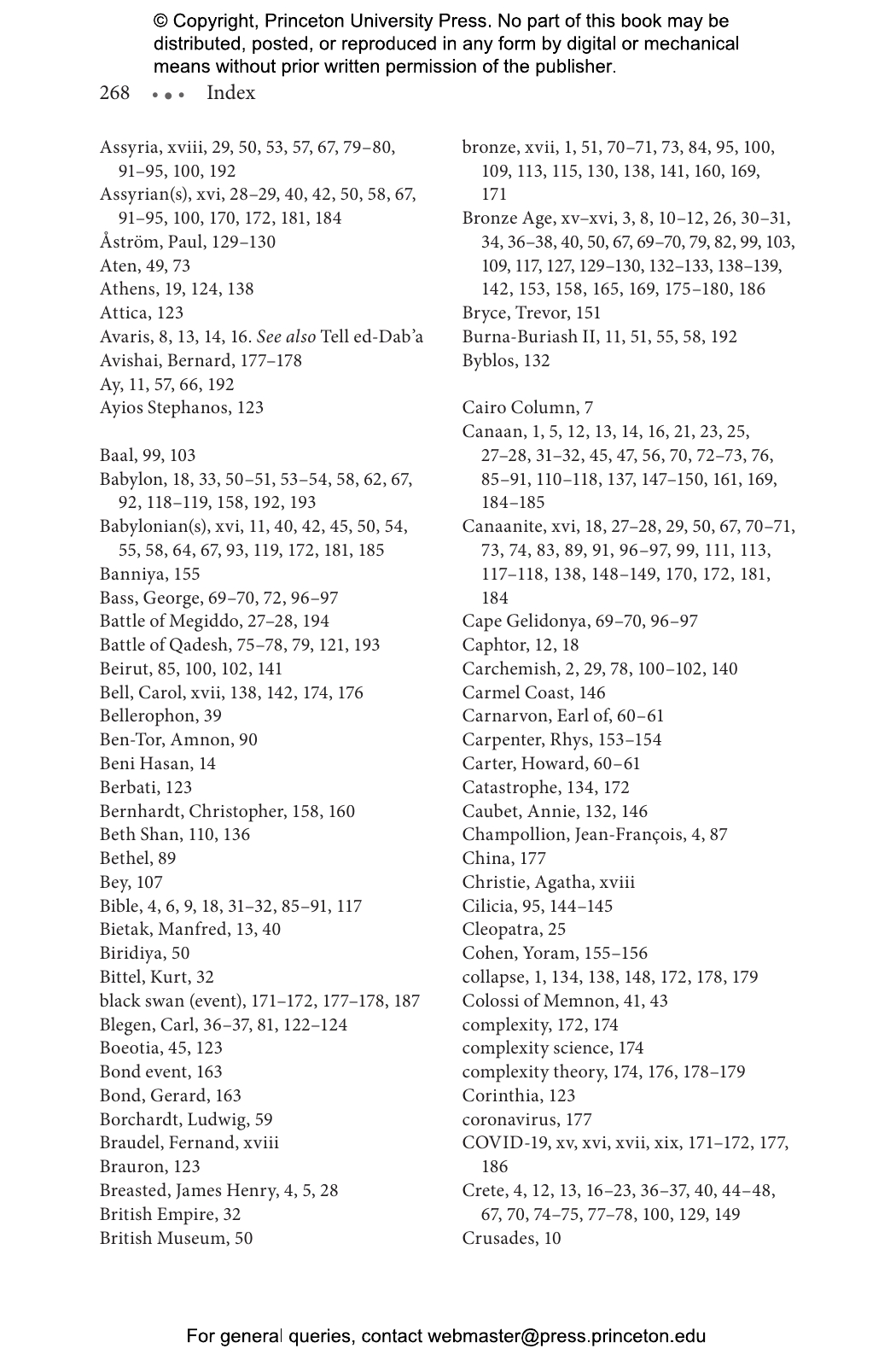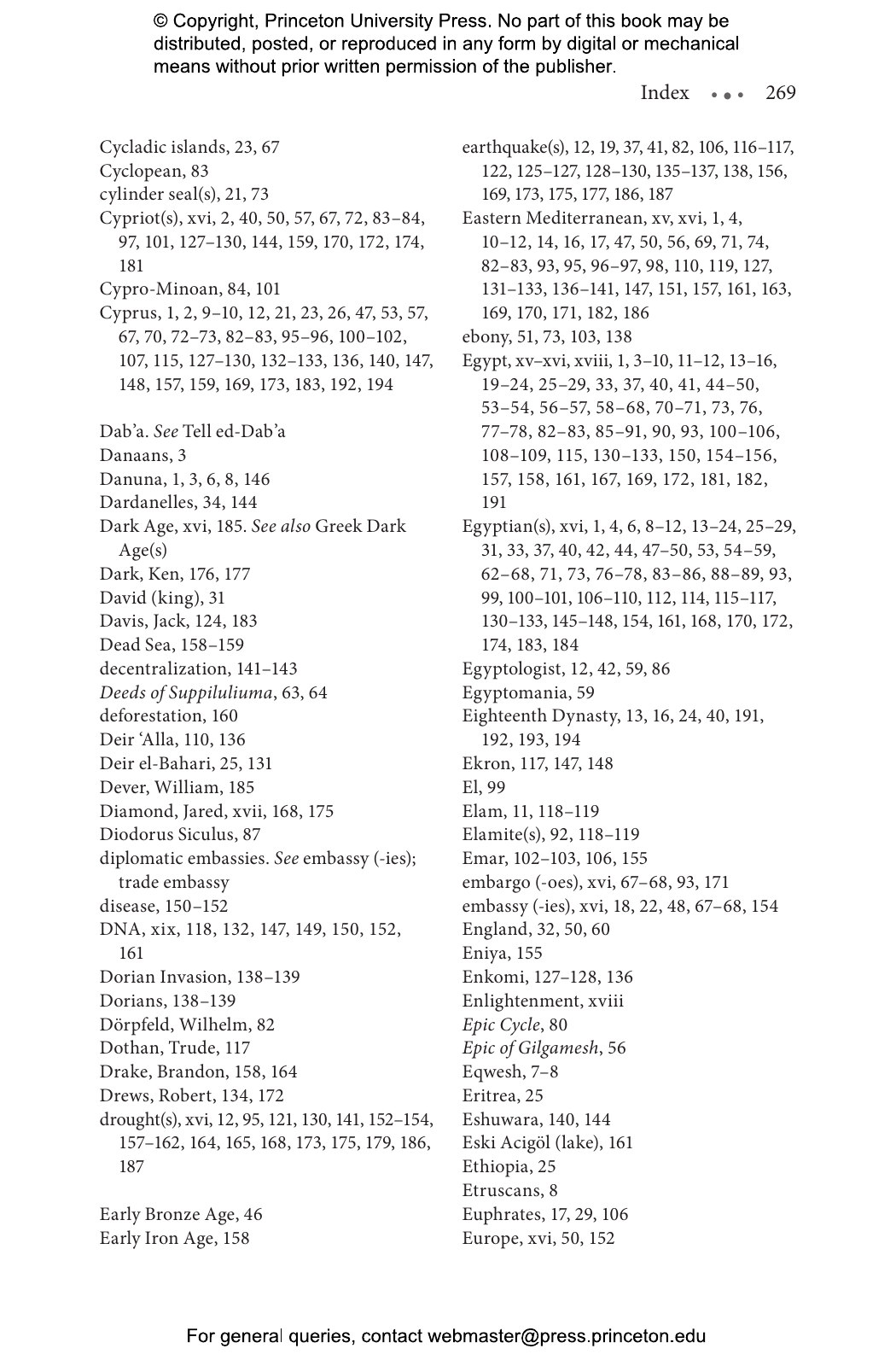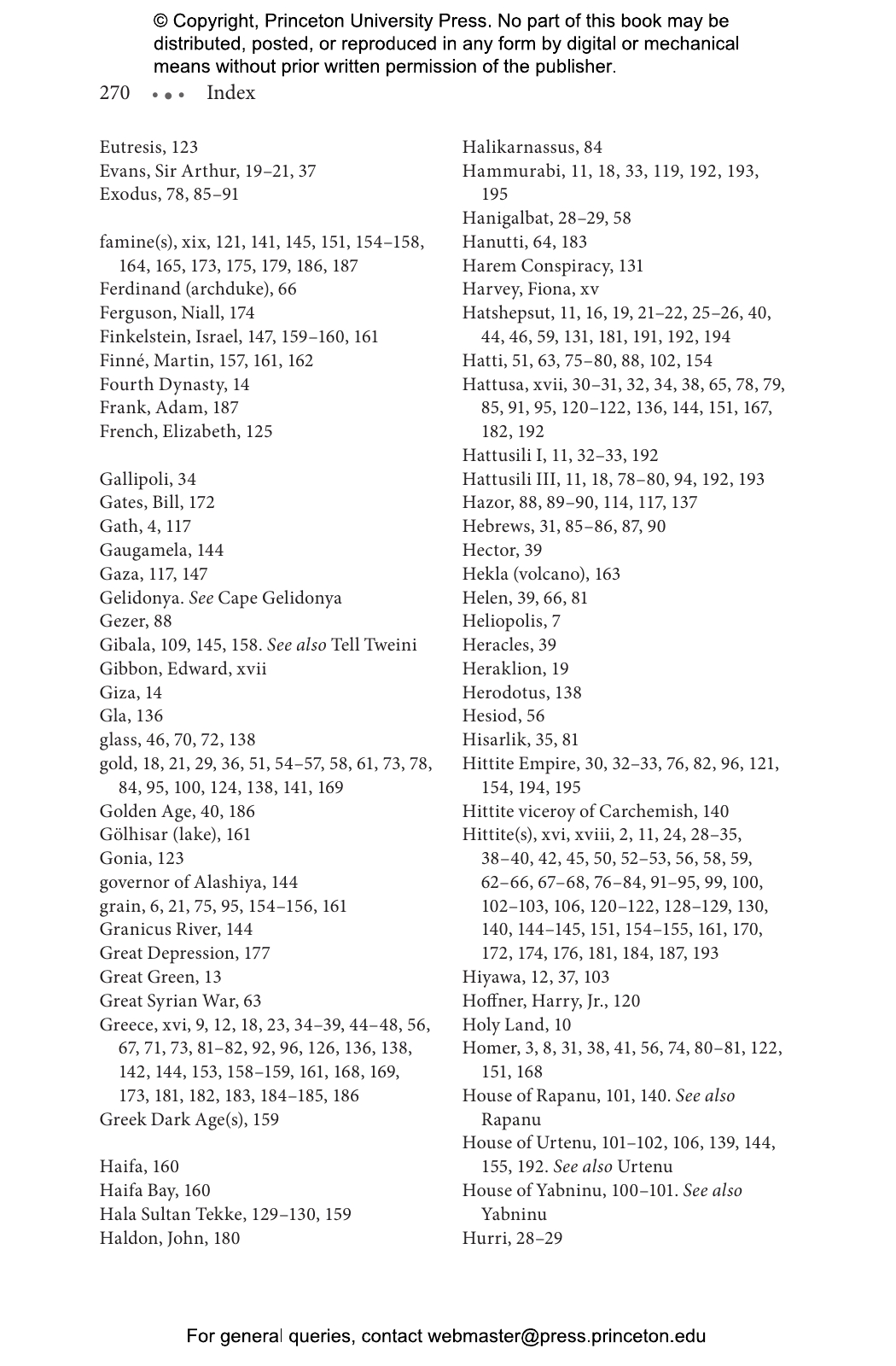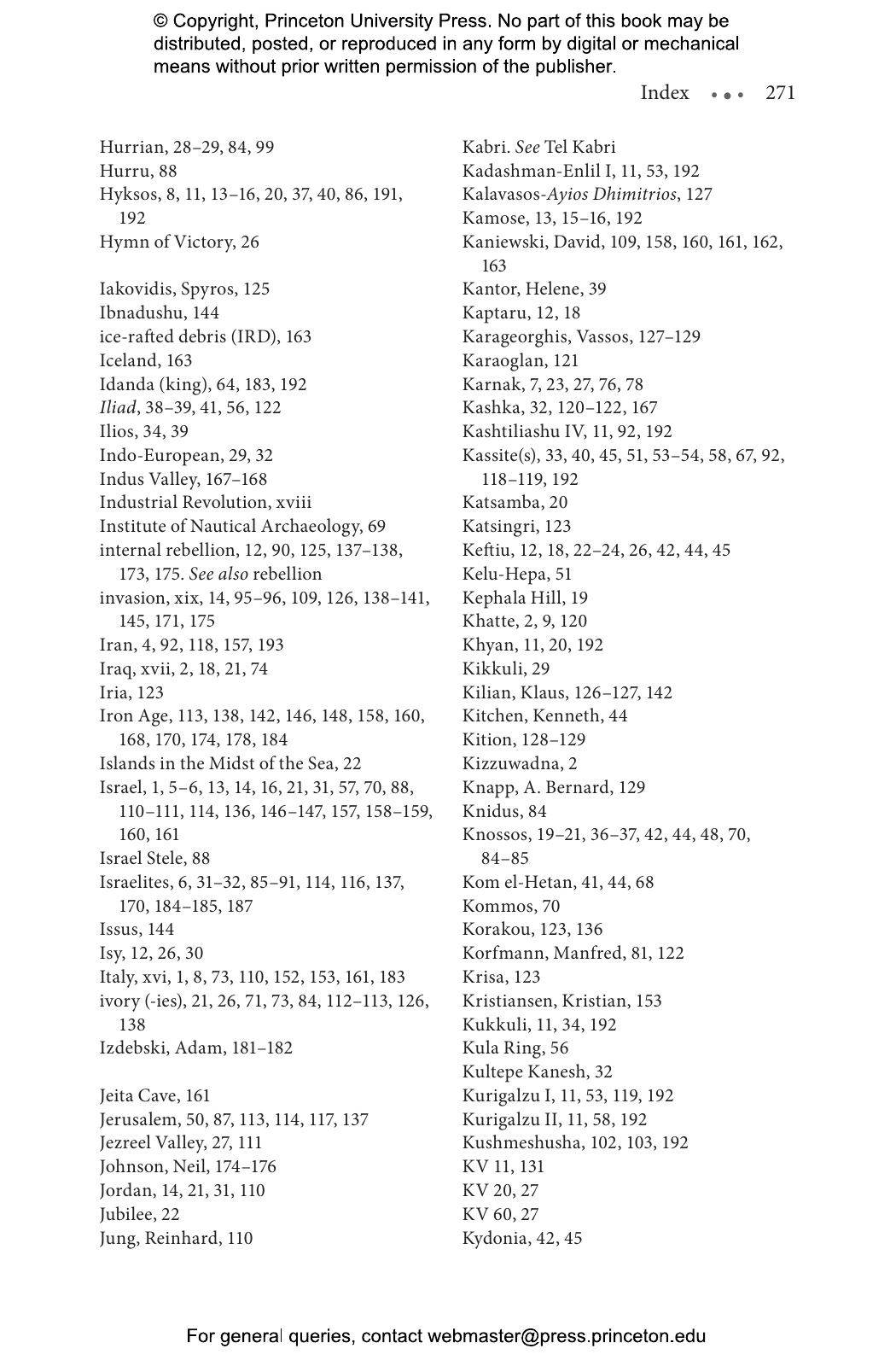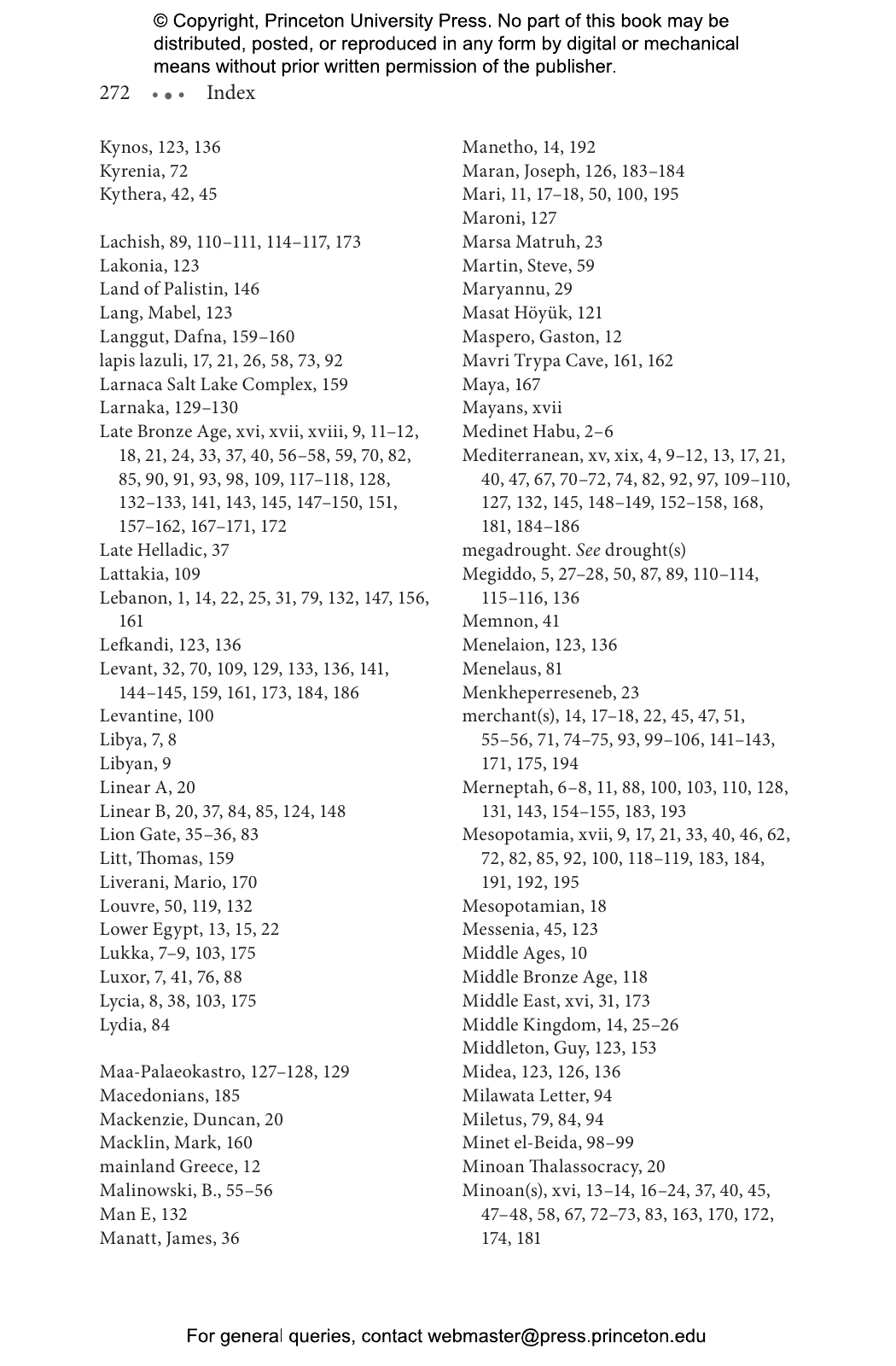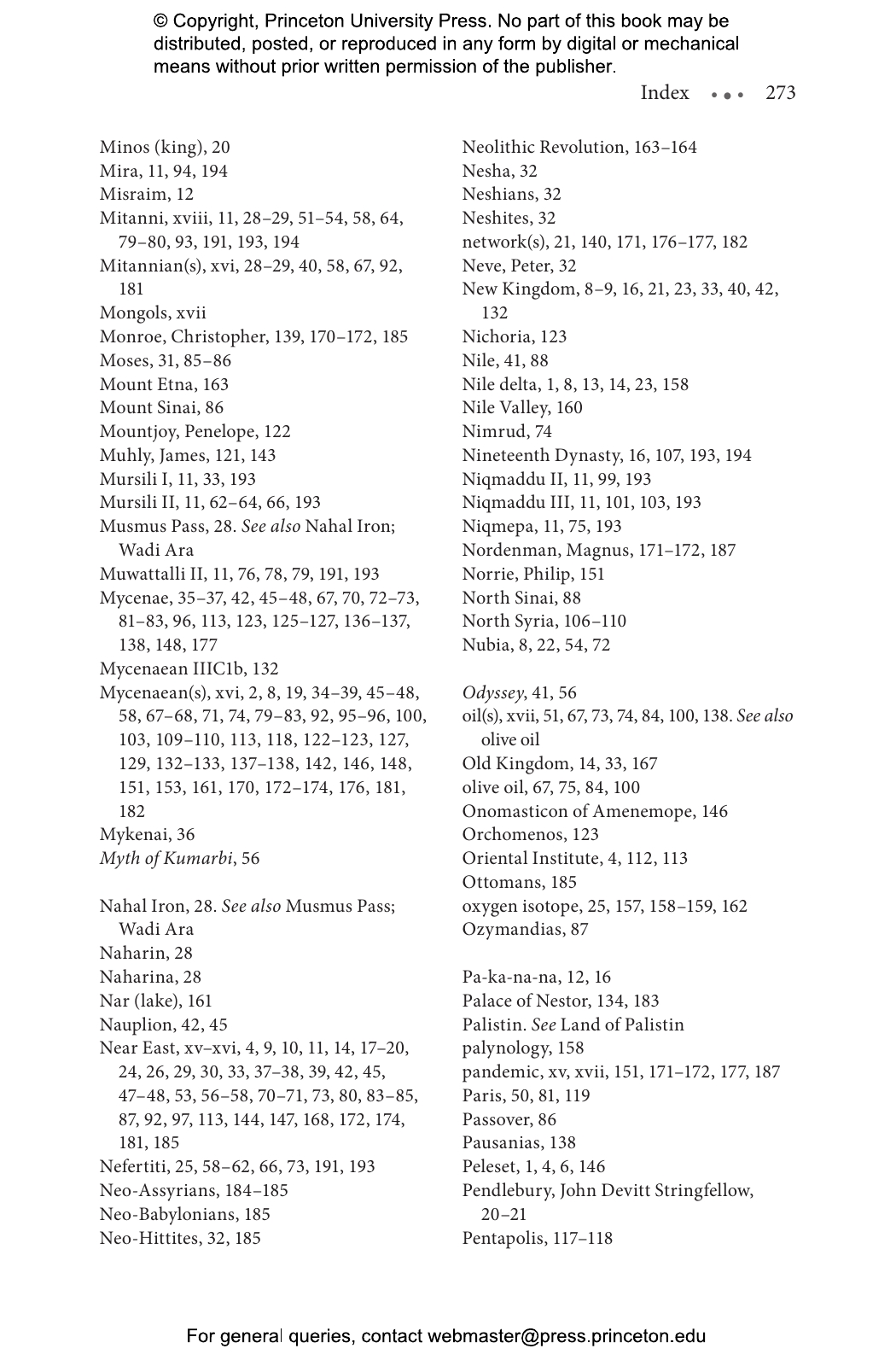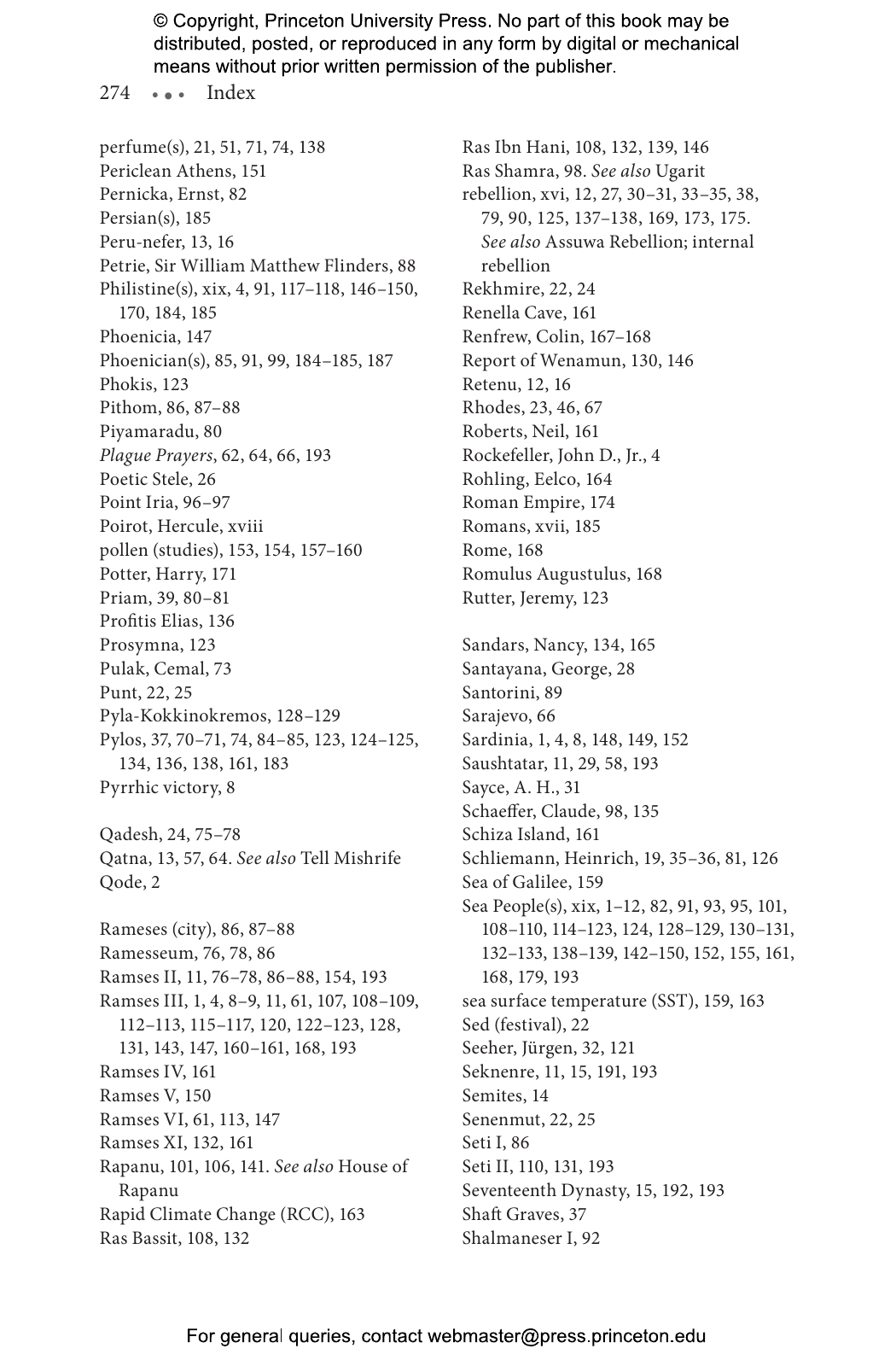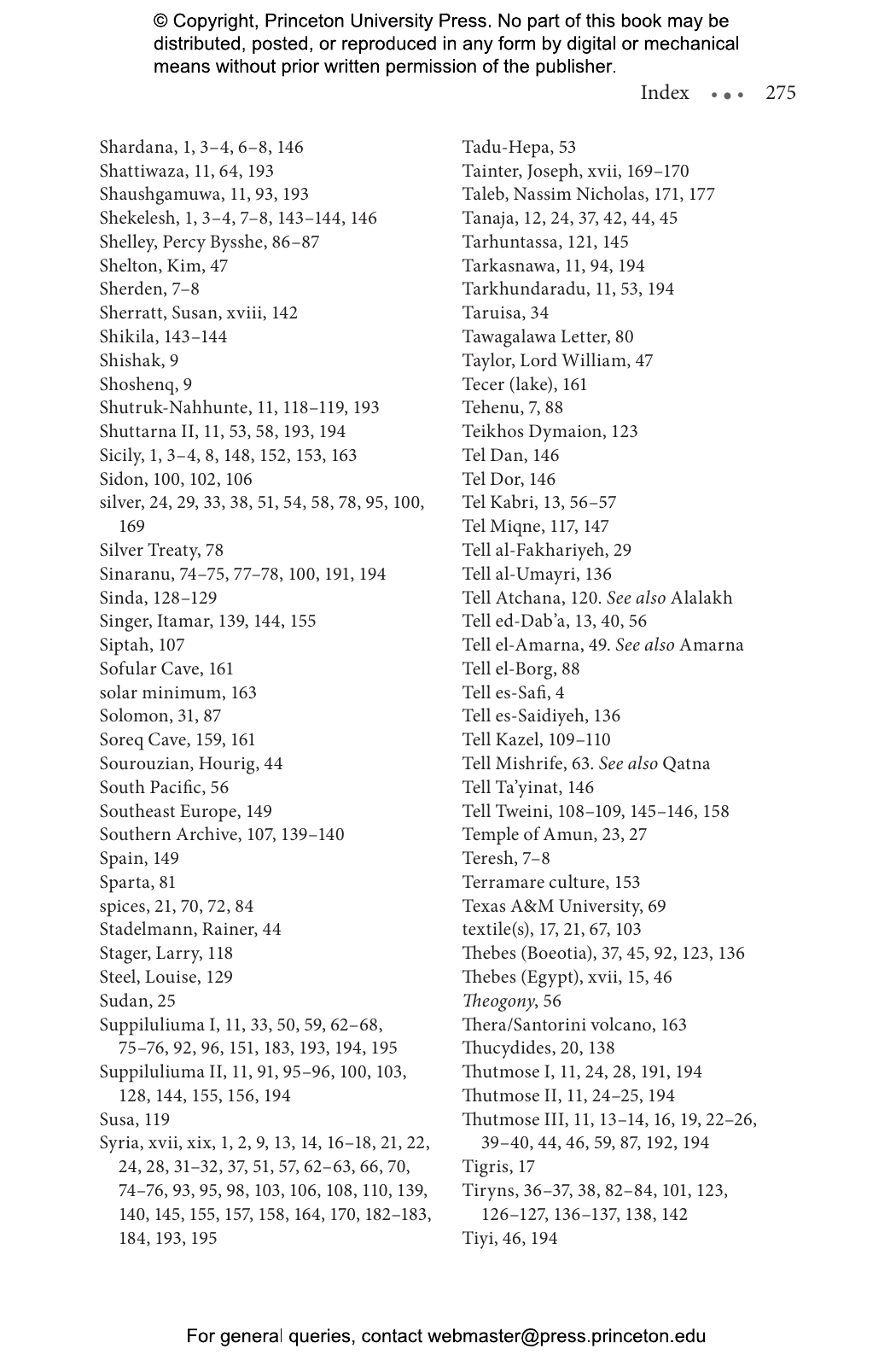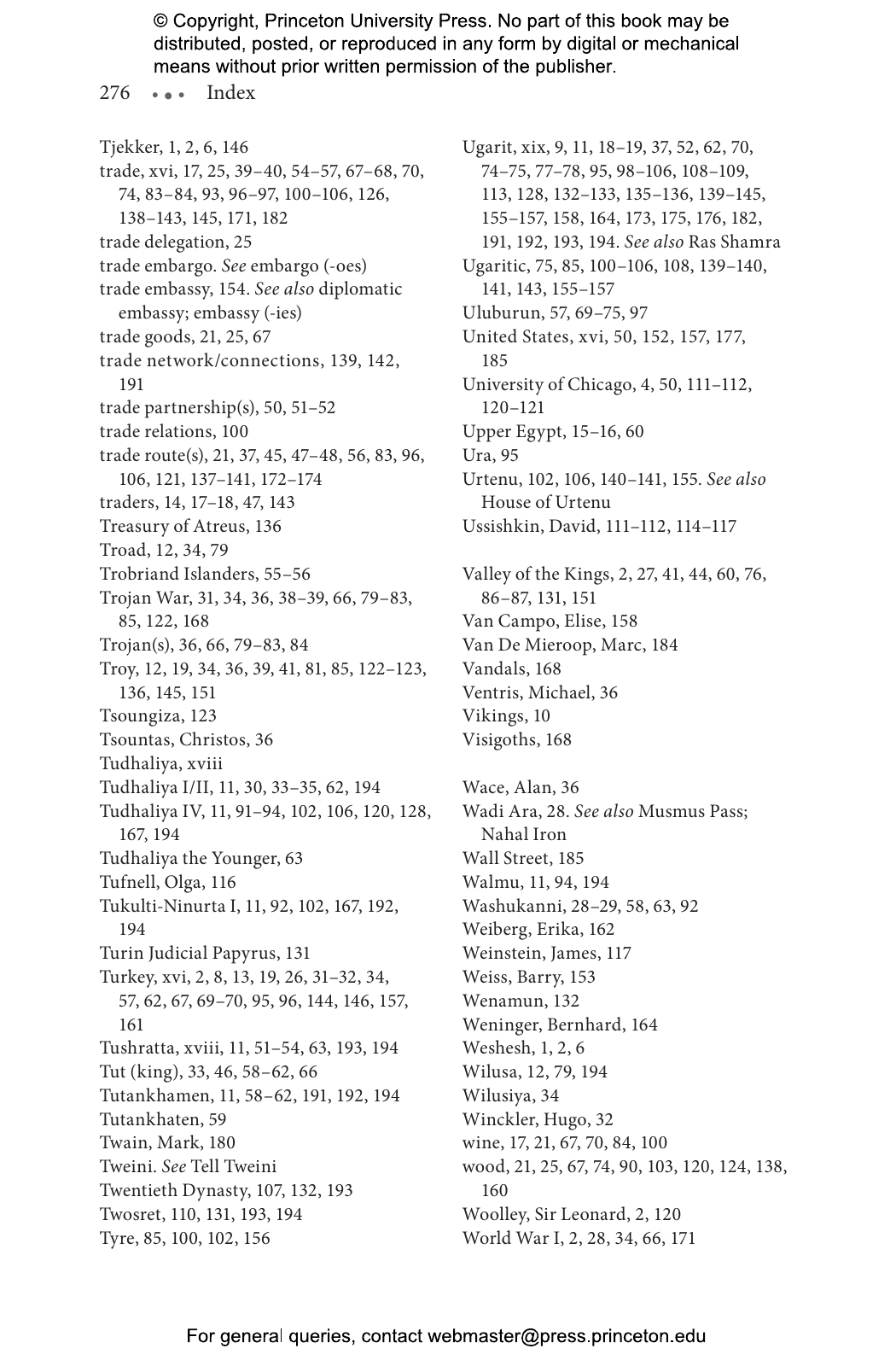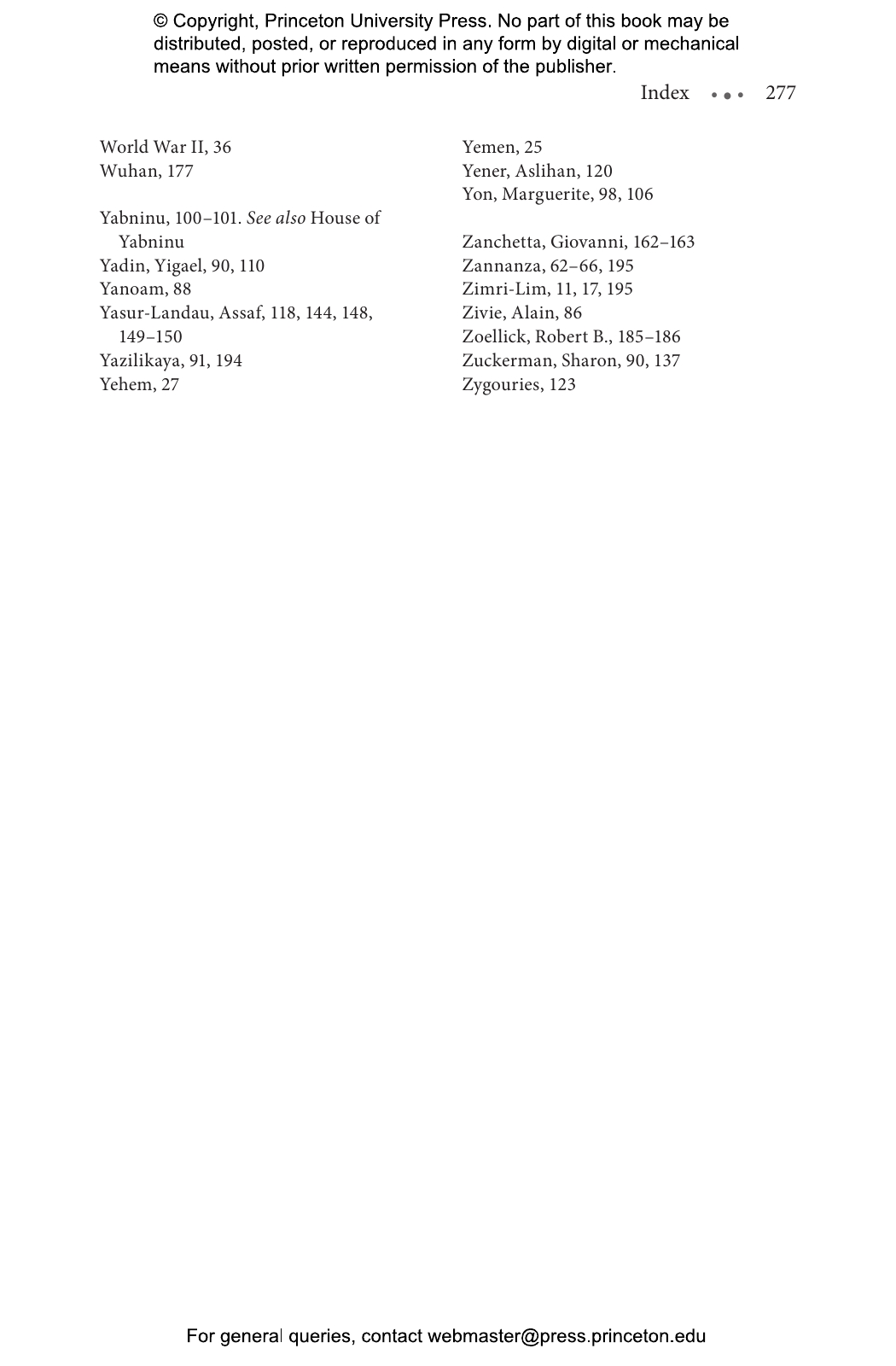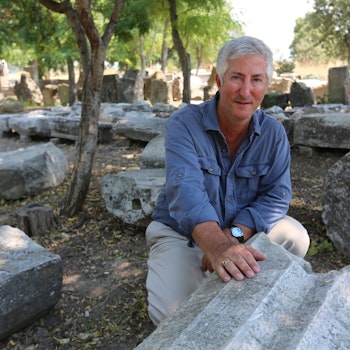"The memorable thing about Cline's book is the strangely recognizable picture he paints of this very faraway time. . . . It was as globalized and cosmopolitan a time as any on record, albeit within a much smaller cosmos. The degree of interpenetration and of cultural sharing is astonishing."—Adam Gopnik, New Yorker
"A fascinating look at the Late Bronze Age, proving that whether for culture, war, economic fluctuations or grappling with technological advancement, the conundrums we face are never new, but merely renewed for a modern age."—Larry Getlen, New York Post
"Cline has created an excellent, concise survey of the major players of the time, the latest archaeological developments, and the major arguments, including his own theories, regarding the nature of the collapse that fundamentally altered the area around the Mediterranean and the Near East."—Evan M. Anderson, Library Journal
"A remarkable book that brings forth not just a piece of history, but also lessons from the past."—Mihai Andrei, ZME Science
"Fresh and engaging."—Andrew Robinson, Current World Archaeology
"The 12th century BCE is one of the watershed eras of world history. Empires and kingdoms that had dominated late Bronze Age western Asia and the eastern Mediterranean collapsed."—Choice
"Cline explores a vast array of variables that could have led to the disruption of the society of this era, including earthquakes, famines, droughts, warfare, and, most notably, invasions by the 'Sea Peoples.'"—Publishers Weekly
"A detailed but accessible synthesis. . . . [O]ffers students and the interested lay antiquarian a sense of the rich picture that is emerging from debates among the ruins."—Scott McLemee, Inside Higher Ed
"In this enjoyable new book, Eric H. Cline has set himself an ambitious task: Not only must he educate a popular audience about the wealth and power of the eastern Mediterranean civilizations of the Bronze Age, he must then make his readers care that, some time around the year 1200 B.C., these empires, kingdoms, and cities suffered a series of cataclysms from which they never recovered."—Susan Kristol, Weekly Standard
"[An] engaging book. . . . Cline builds a convincing case for his theory over a long and absorbing tour of the Late Bronze Age.”"—Josephine Quinn, London Review of Books
"A wonderful example of scholarship written for the non-expert. Cline clearly pulls together the engaging story of the interactions among the major empires of the Late Bronze Age and puts forth a reasonable theory explaining why they seem to have evaporated as quickly as moisture on a hot afternoon."—Fred Reiss, San Diego Jewish World
"Cline's work reveals eerie parallels between the geopolitics of the first years of 12th century B.C. and today's 21st century. 1177 B.C.: The Year Civilization Collapsed is history, but reads like a good mystery novel. Cline draws readers into his tale, revealing surprises throughout. It is all the more fascinating for being true, and for its relevance to today's world."—Mark Lardas, Daily News
"Cline has written one of this year's most interesting books."—Jona Lendering, NRC Handelsblad
"Extremely valuable for scholars, yet . . . easily understandable by general readers."—Richard A. Gabriel, Military History Quarterly
"Cline is clearly in command of the textual record and his reading of it is the book's real strength."—A. Bernard Knapp, History Today
"Written in a lively, engaging style."—Michael McGaha, Middle East Media and Book Reviews
"1177 B.C.: The Year Civilization Collapsed is a thoughtful analysis of one of the great mysteries of human history. . . . Highly recommended."—James A. Cox, Midwest Book Review
"[T]his work masterfully incorporates the present state of research into a welcome reevaluation of a period less known to the general public, the crisis of Late Bronze Age civilization. . . . [E}ven more brilliant is the spin on the similarities between the predicament of this area three millennia ago and now."—Barbara Cifola, American Historical Review
"There are few published titles which focus on the tumultuous events that took place in the Eastern Mediterranean at approximately 1200 BCE. . . . Cline's 1177 B.C.: The Year Civilization Collapsed stands out among the rest as one of the best and most thoroughly researched. . . . This book is presented as a mystery novel. . . . One thing is for certain, once started, you will not want to put it down."—Ancient Origins
"A gripping mystery story with clues to follow and evidence to analyze."—SG, Ancient Egypt Magazine
"Essential."—Thomas F. Bertonneau, Brussels Journal
"Well-written, very fairly argued, and excellent value, it will set the agenda for Late Bronze Age studies for some time to come."—Peter Jones, Classics for All
"Fascinating. . . . [A]voids the tedium of so many academic writers."—Bruce Beresford, filmmaker
"Eric H. Cline has written a work of great scholarship, but has written in a manner so that the non-expert . . . can not only understand, but also appreciate it."—Don Vincent, Open History
"I don't know when I've appreciated a book as much as 1177 B.C. If you enjoy learning, you will enjoy this book! Highly recommended."—Thomas A. Timmes, UNRV History
"Cline expertly and briskly takes the reader through the power politics of the fifteenth, fourteenth, and thirteenth centuries BC with excursuses on important archaeological discoveries and introductions for each of the major players. No reader with a pulse could fail to be captivated by the details."—Dimitri Nakassis, Mouseion
"Cline's book is something special in ancient history writing. . . . The book is up to date in its research, covers a lot of ground, is careful in its conclusions, and will be referred to and cited by students of Aegean and eastern Mediterranean prehistory, discussed by the scholarly community, as well as read by the interested public. Cline has done a good job of bringing the Late Bronze Age eastern Mediterranean to a very wide audience."—Guy D. Middleton, American Journal of Archaeology
"Remarkably prescient. . . . [A] convincing case for the relevance of ancient history to the modern world."—Canadian Journal of History
"The end of the Late Bronze Age, around the turn of the twelfth century BCE, was a civilizational collapse similar to the much better known fall of the Roman Empire seventeen centuries later. . . . The causes of this collapse have been among the enduring mysteries of ancient history and archaeology, a complicated detective story for which Eric Cline deftly serves as guide. Cline . . . presents for educated general readers a survey of the evidence and scholarship concerning the end of the Late Bronze Age. He also engagingly establishes the historical and geographical context of the collapse, complete with a motley and compelling cast of characters."—Matthew A. Sears, Canadian Journal of History
"This collapse has been a popular subject for scholars, not least our author, for a very long time. Here he usefully assembles the evidence and deduces that it was the very complexity of powers, their interrelationships through trade or war, that brought about the collapse, and he is probably right."—John Boardman, Common Knowledge
"The most analytically satisfying, accessible, and of course up-to-date treatment of one of the great enigmas of the ancient world."—Christoph Bachhuber, Historian
"Cline admirably acknowledges areas of existing scholarly controversy, while understandably emphasizing the consensus view in order to maintain the flow of his narrative. . . . He has a firm command of the textual, archaeological, and environmental evidence, and brings together a wealth of recent scholarship in an accessible form, a treatment which has been sorely lacking for this pivotal period. . . . [A] fine book."—Erin Warford, European Legacy
"1177 BC still offers the best treatment of the subject that is currently available. If you haven’t read it yet, I recommend that you do."—Josho Brouwers, Ancient World Magazine
“1177 B.C. tells the story of one of history’s greatest mysteries. Unknown invaders shattered the splendid civilizations of the Bronze Age Mediterranean in a tidal wave of fire and slaughter, before Egypt’s pharaoh turned them back in a fierce battle on the banks of the Nile. We do not know who these attackers were, and perhaps we never will; but no archaeologist is better equipped to guide us through this dramatic story than Eric Cline. 1177 B.C. is the finest account to date of one of the turning points in history.”—Ian Morris, author of Why the West Rules—for Now
“This book is a very valuable and very timely addition to the scholarship on the end of the Late Bronze Age. Cline provides a comprehensive, interdisciplinary, and up-to-date treatment of one of the most dramatic and enigmatic periods in the history of the ancient world.”—Trevor Bryce, author of The World of the Neo-Hittite Kingdoms: A Political and Military History
“This is an excellent, thought-provoking book that brings to life an era that is not well known to most readers.”—Amanda H. Podany, author of Brotherhood of Kings: How International Relations Shaped the Ancient Near East
“This enthralling book describes one of the most dramatic and mysterious processes in the history of mankind—the collapse of the Bronze Age civilizations. Cline walks us through events that transpired three millennia ago, but as we follow him on this intriguing sojourn, lurking in the back of our minds are tantalizing, perpetual questions: How can prosperous cultures disappear? Can this happen again; to us?”—Israel Finkelstein, coauthor of The Bible Unearthed: Archaeology’s New Vision of Ancient Israel and the Origin of Its Sacred Texts
“Impressively marshaling the most recent archaeological and historical evidence, Eric Cline sets the record straight: there was a ‘perfect storm’ of migrations, rebellions, and climate change that resulted in the collapse of states that were already unstable in the Late Bronze Age. There followed an ‘age of opportunity’ for new kinds of political systems and ideologies that remade the world of the eastern Mediterranean in the first millennium B.C. Onward and upward with collapse!”—Norman Yoffee, University of Michigan
“Cline has written a wonderfully researched and well-crafted overview of one of the most fascinating, complex, and debated periods in the history of the ancient world. Tying together an impressively broad range of disparate data, he weaves together a very convincing re-creation of the background, mechanisms, and results of the transition from the Late Bronze Age to the Iron Age in the eastern Mediterranean and beyond.”—Aren Maeir, Bar-Ilan University
